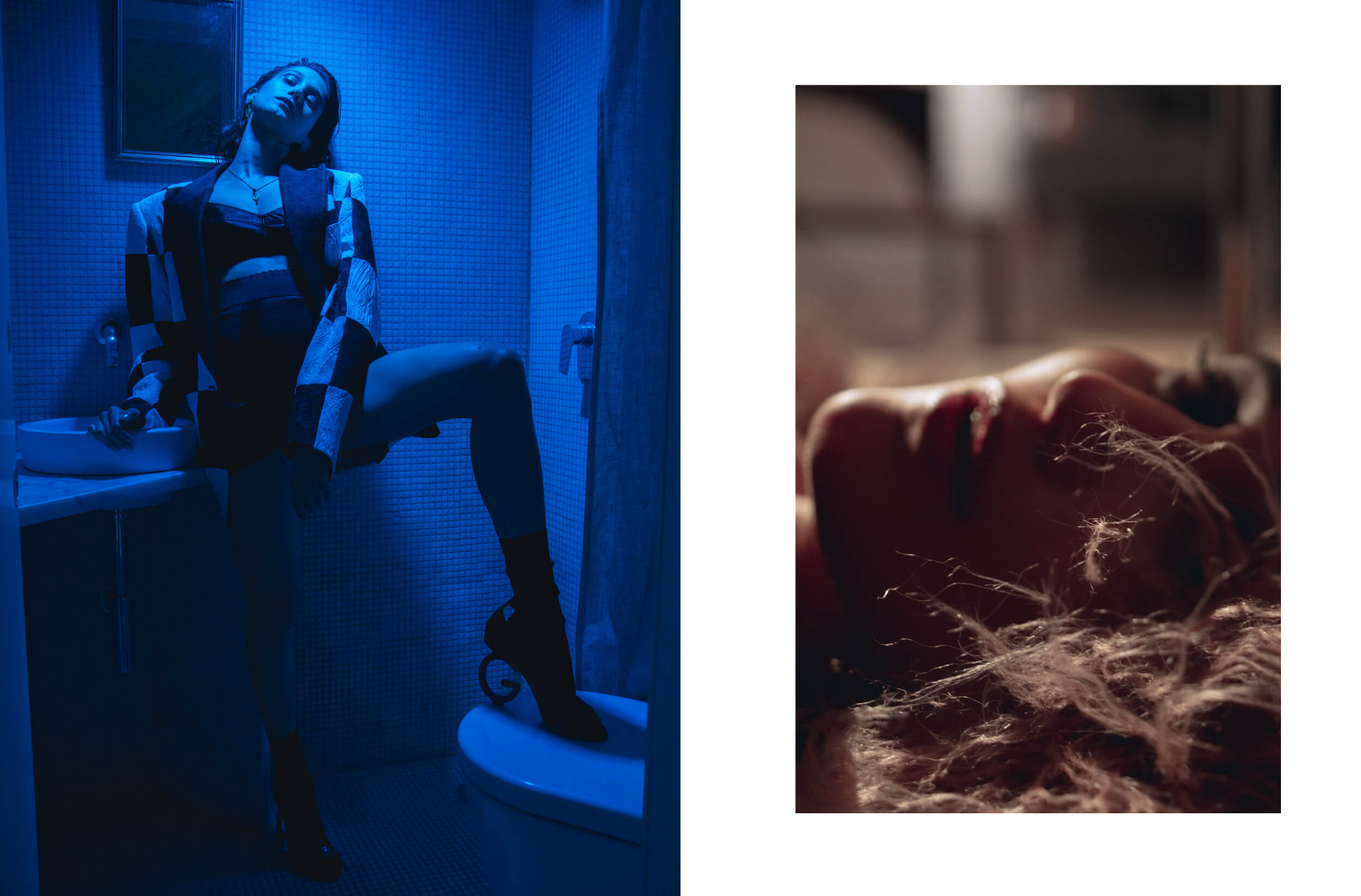Ties that entrap, knots to untie, relationships to preserve: how do we distinguish a healthy bond, with ourselves and the others, from a constraint, a lace tied up in the wrong way? Italian actress Linda Caridi told us about this and much more, talking with us about one of her latest projects, “The Ties” by Daniele Lucchetti, a movie about the “love tie” and every possible evolution it can involve. Over a chat about old projects (“Ricordi?,” “Antonia.”) and new ones (“Supereroi,” “Cacciatore: The Hunter”), the superpowers of cinema, and the transformative force of fear, we’ve intercepted the beautiful soul of Linda and recognized, in her mind and heart, the origins of a rare kind of talent.
In this time in history, where we’ve been missing cinema more than ever, both in terms of movie theaters and collective experience, what’s your first memory of that world?
The open-air cinema in my tiny hometown, in the courtyard of the Library. We would place the chairs on loan from the people living in the neighborhood and, as the movie began, the voices would increasingly lower, and I would hear a magic bubble of bated breath, bigger than me because it was everyone’s breath.
You’re one of the most requested and praised Italian actresses of recent times: you’ve charmed the audience and the critics with your brilliant performances in movies like “Antonia.,” “Ricordi?,” “The Ties,” and we hope to see you soon on the big screen in “Supereroi” by Paolo Genovese. When you read the script of a new project in which you’re involved, what is, usually, your first reaction? What happened with “The Ties,” for example? What was the first question you asked the director, Daniele Lucchetti, and yourself?
Every story has its own atmosphere, a sort of microclimate, a wind, a horizon. That’s why reading, to me, sort of feels like soaking in that air, with my head, and my body, too, heating up, paralyzing, changing their inner speed. As far as “The Ties” is concerned, the first scenes I read were those of the audition, and one of those was a dialogue that’s in the film, as well, with the character played by Luigi Lo Cascio, where Lidia takes a very important decision for both of them. I immediately wondered, and Daniele and I spent a lot of time discussing this, whether the nature of that young woman could really be so balanced and luminous even in moments of pain and rage, with that feeling of harmony that had invaded me, imagining her.
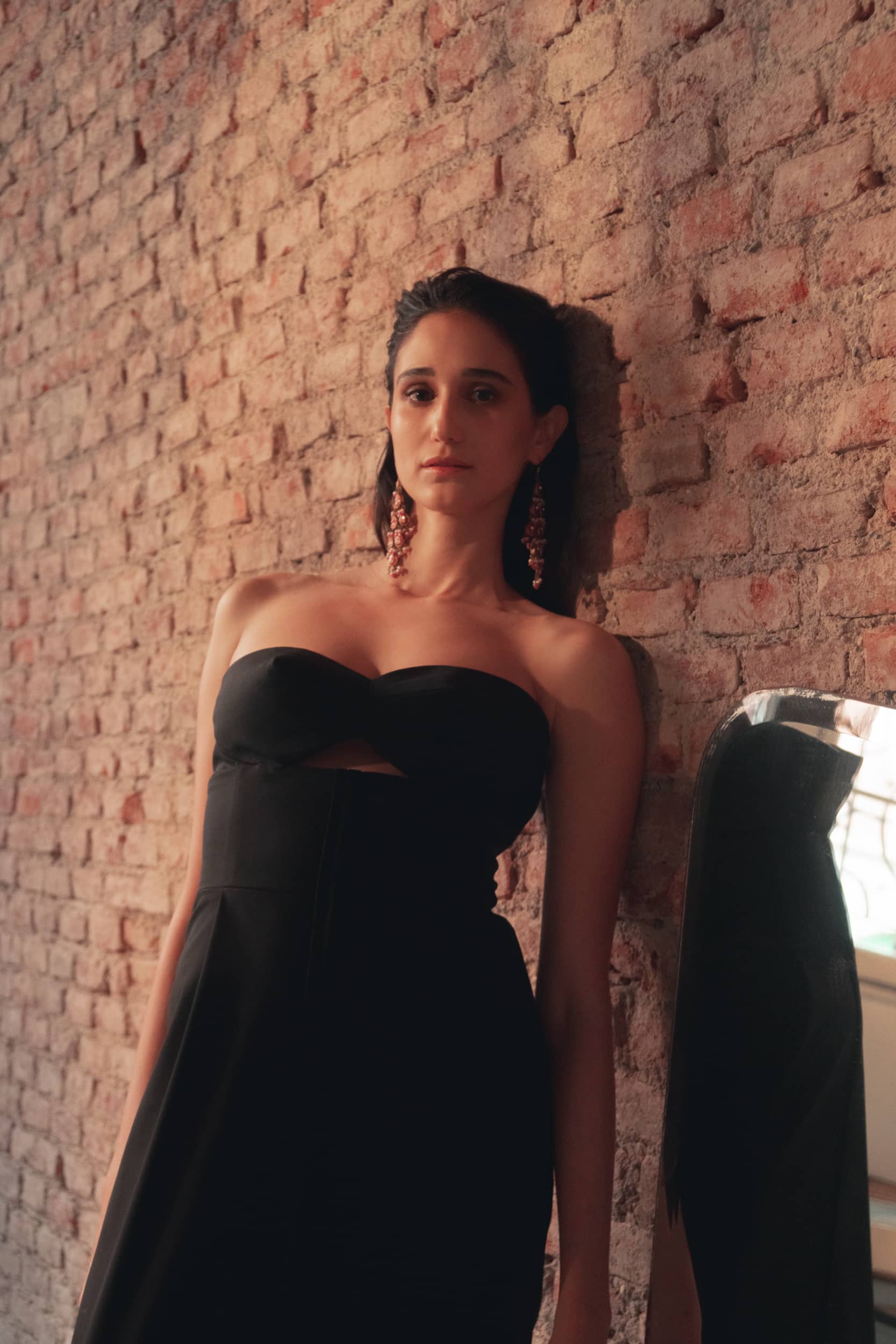
“Every story has its own atmosphere, a sort of microclimate, a wind, a horizon. That’s why reading, to me, sort of feels like soaking in that air, with my head, and my body, too, heating up, paralyzing, changing their inner speed.”
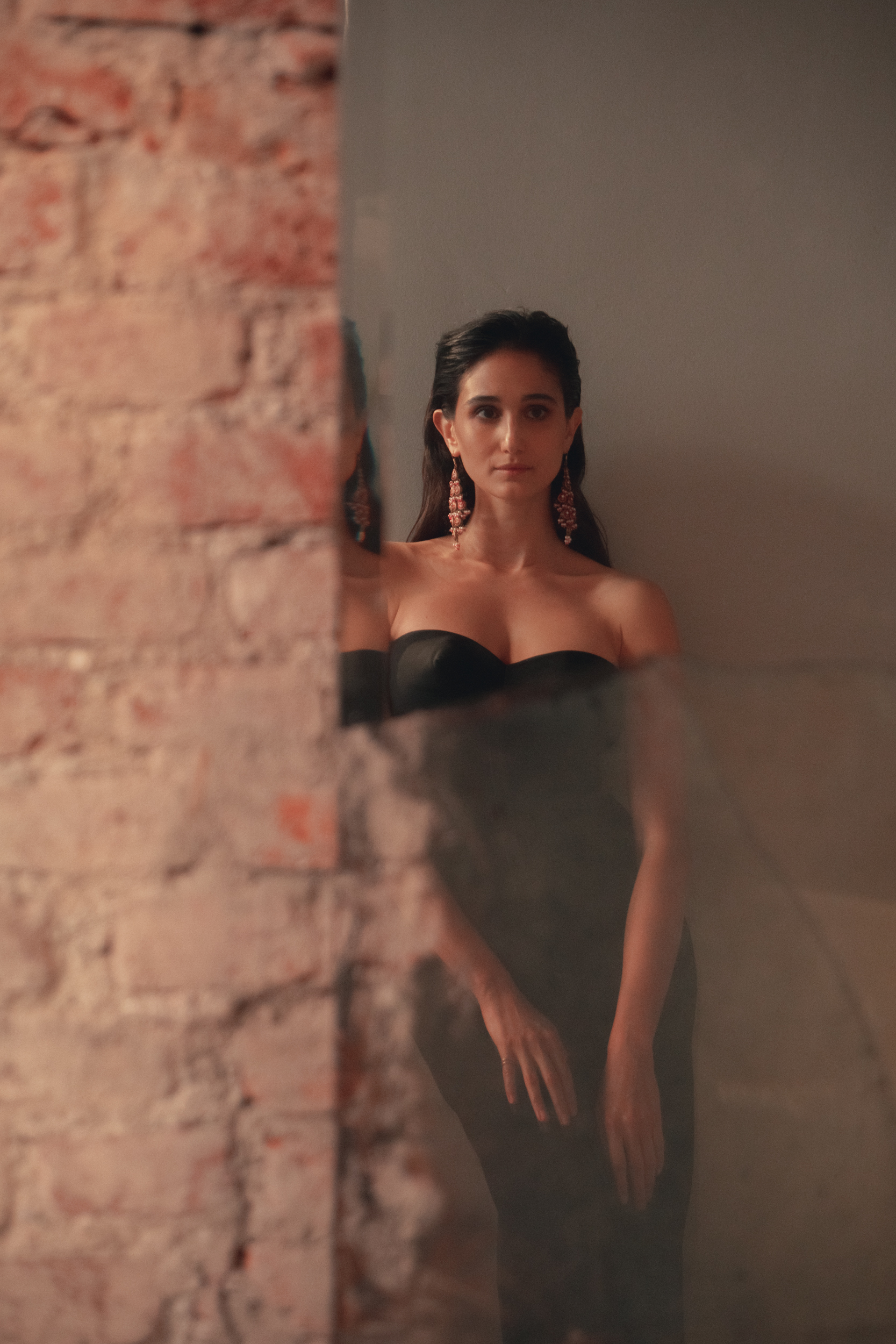
Lidia, your character, is the lover of the protagonist; she upsets the balance of a family and unties the ties of habits and conventional values. What were the difficulties and challenges of playing Lidia, and how did you handle and overcome them?
The challenge we, Daniele and I, took on was precisely to find the extent to which Lidia, however “human,” should have always been an open window, a source of freshness, of spring. Daniele and the departments helped me recreate this idea through the costumes, colors, makeup, lights, so that Lidia would be, just like Daniele used to say, “always beautiful.” I’ve worked on a strong inner centering: Lidia stands perfectly on her two feet, she never leans on something or someone to the point where she throws herself off balance, where she remains crippled. The responsibility of herself is hers. And, in a certain way, she only carries a healthy – ideal, maybe – version of the “love tie.”
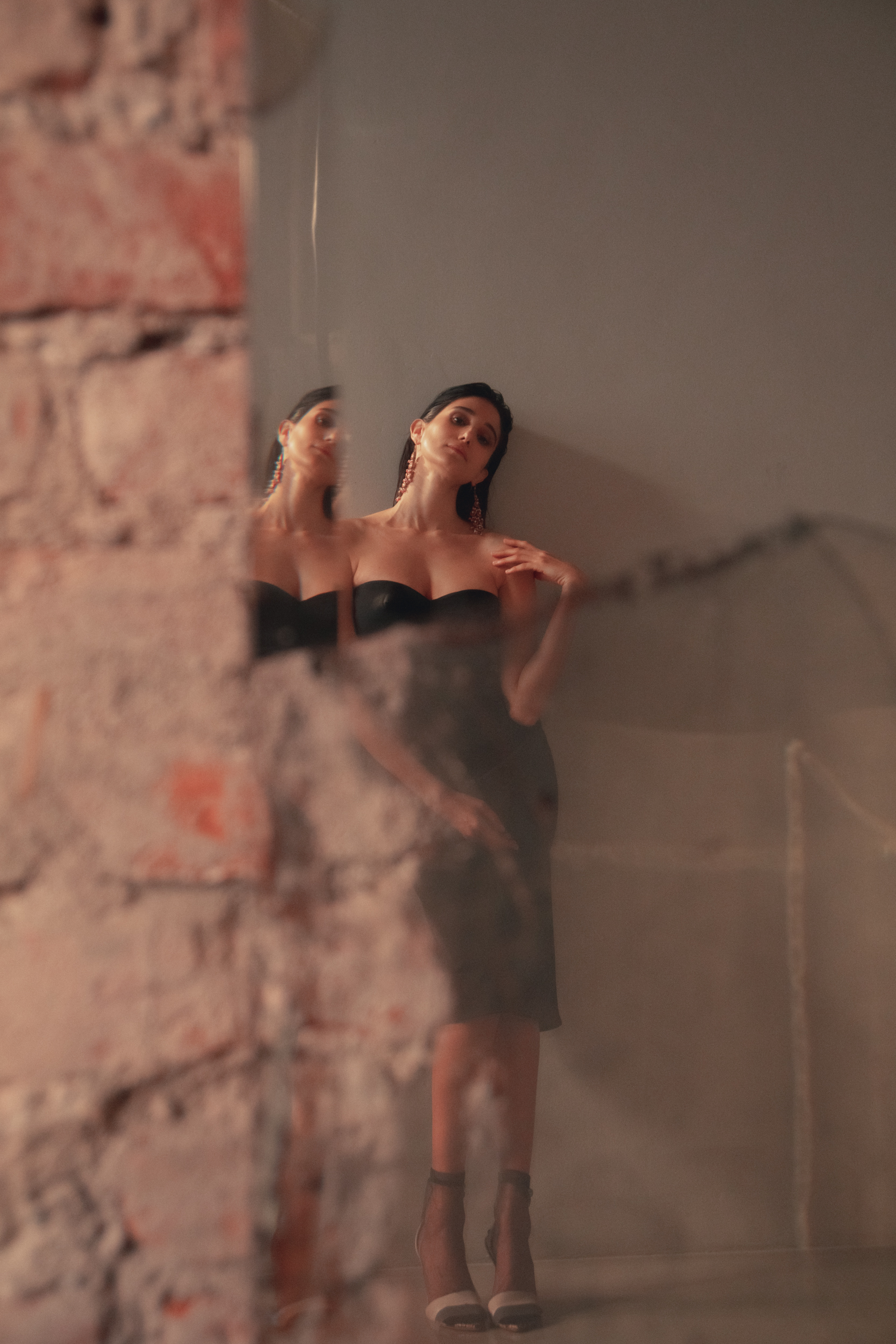
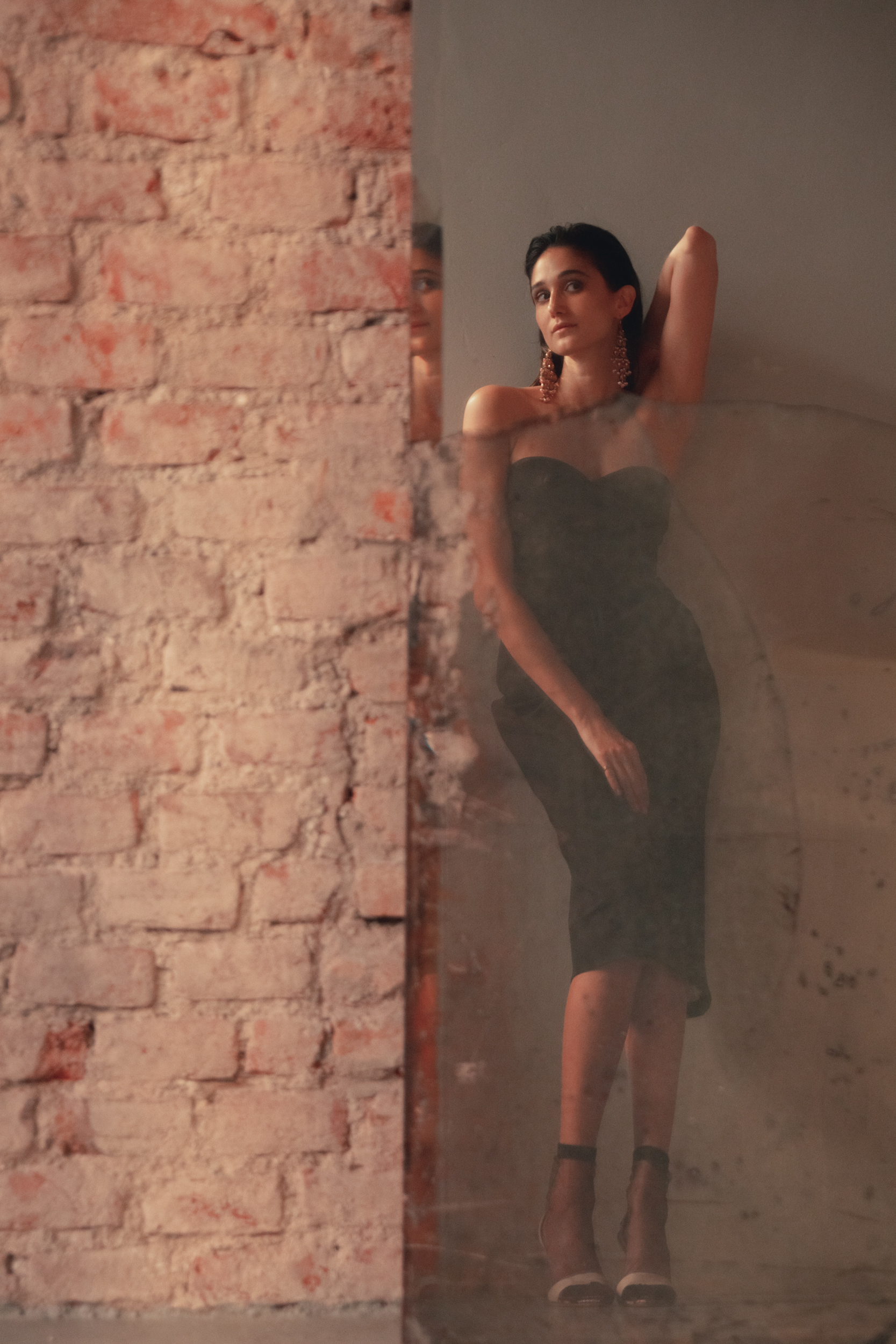
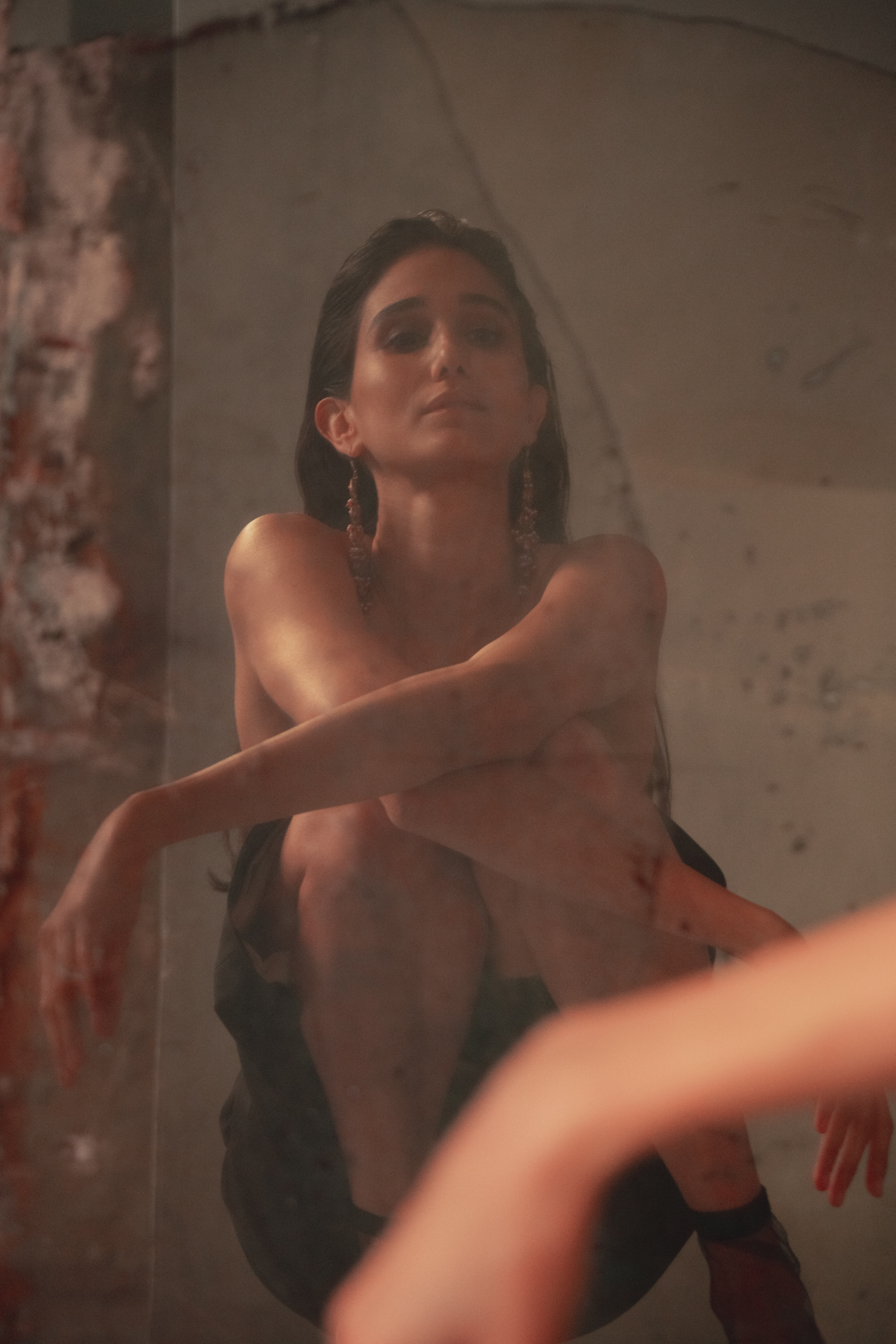
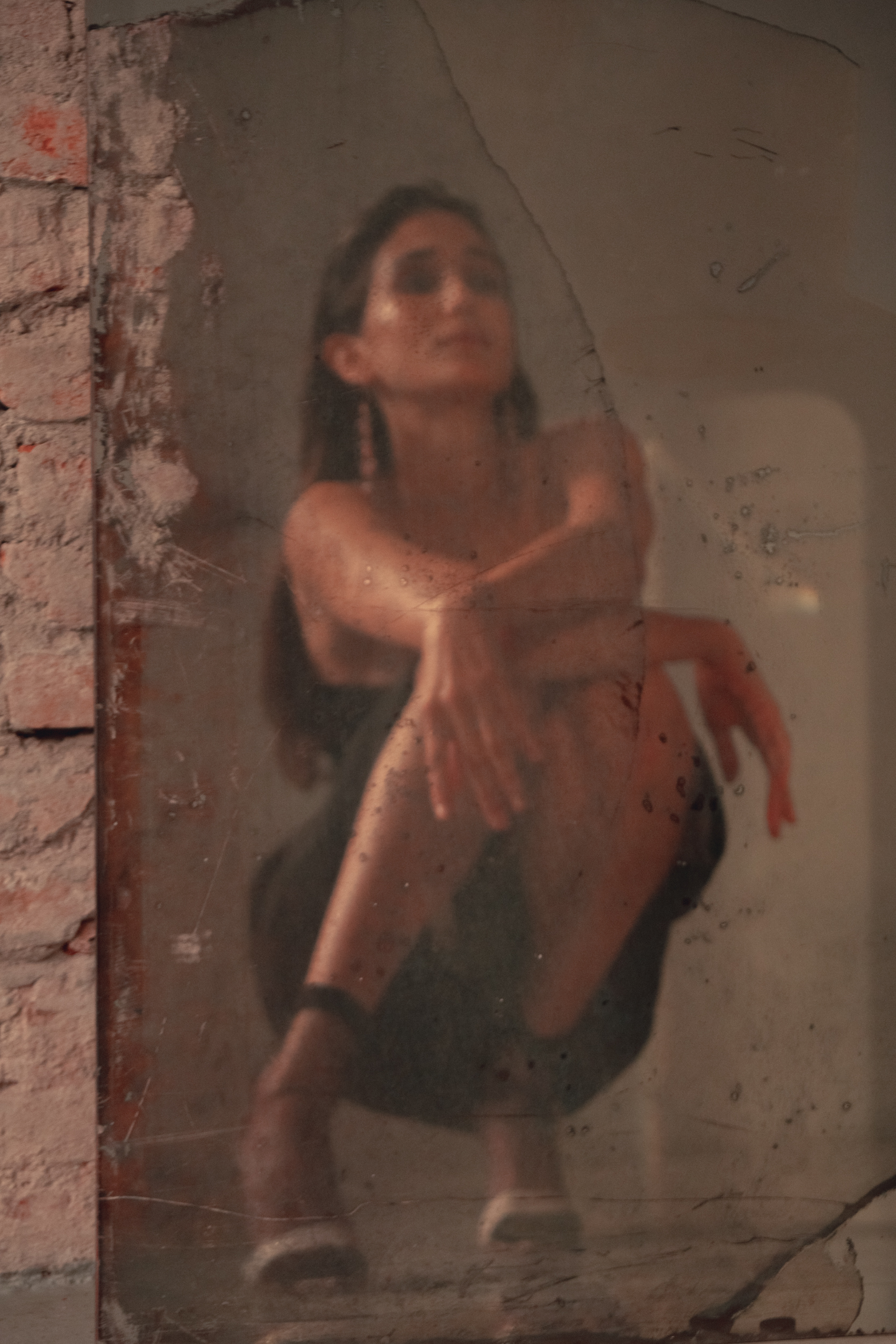
“…not to forget to take care of yourself even while you’re taking care of other people and not to accept compromises that turn a blind eye to the truth of the matter, is, to me, the key that Lidia brings to the story.”
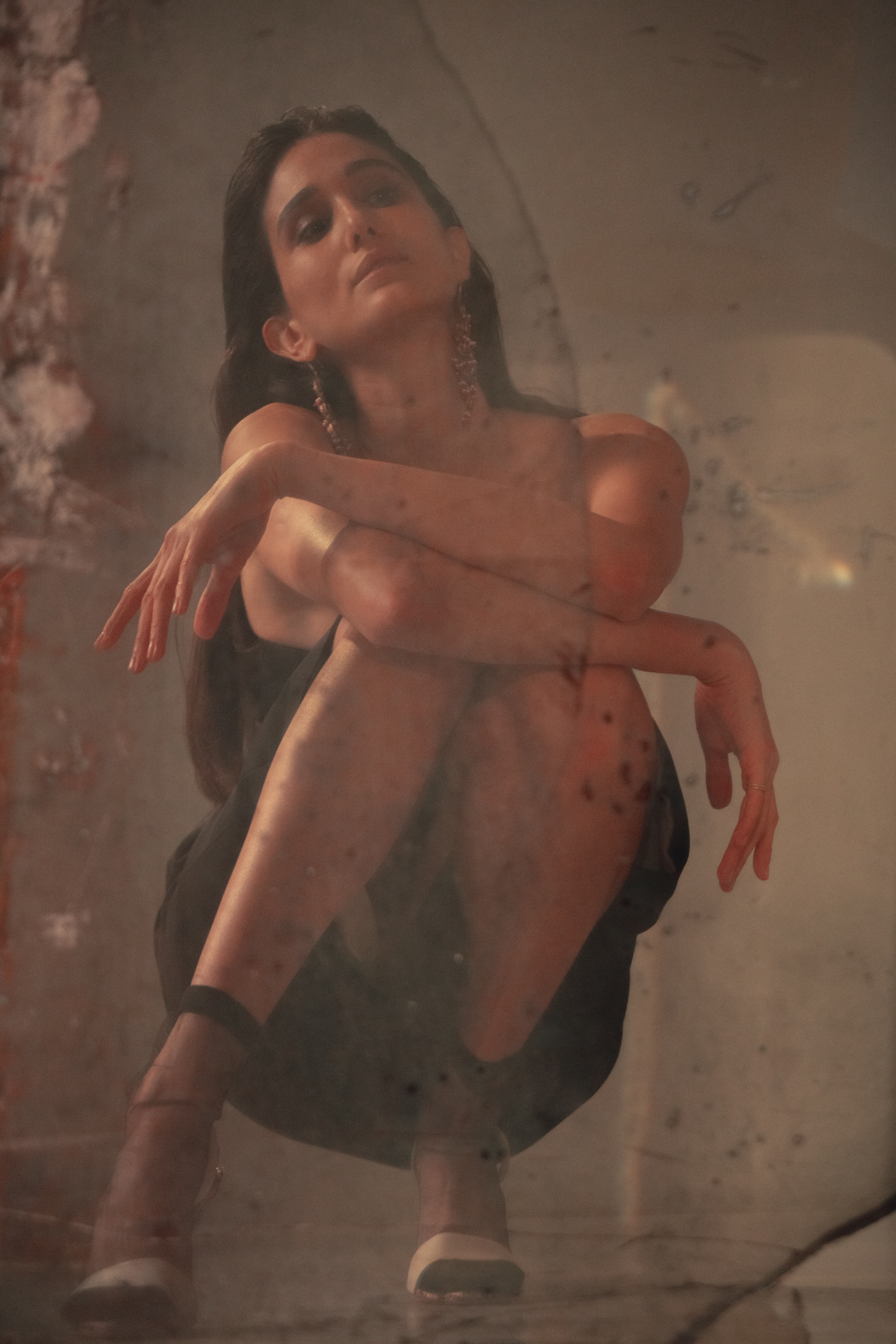
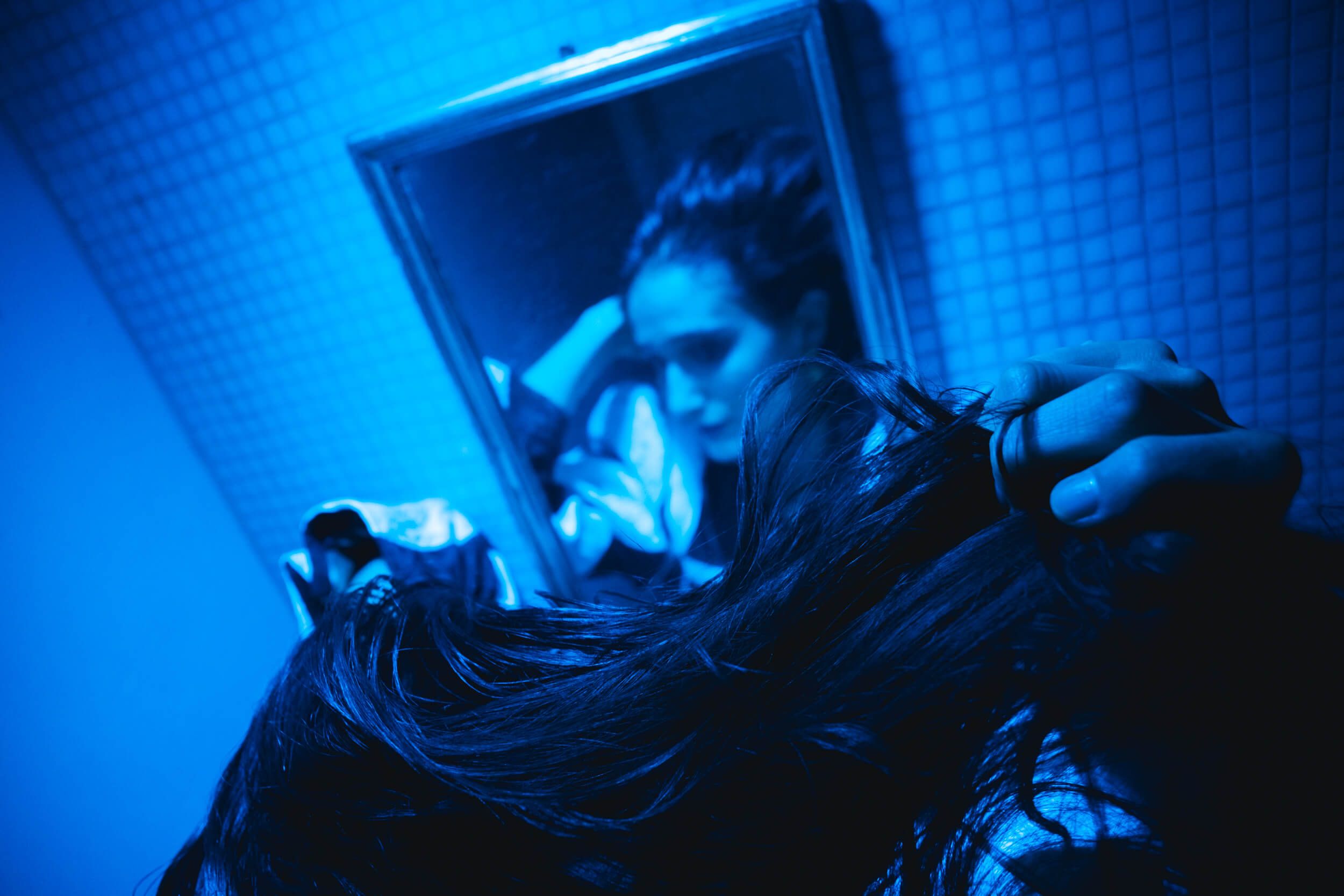
Ties can entrap you, but also keep you solidly anchored. What are the “ties” in your life, things, or people you’re tied to and/or that are entrapping you?
The image of the laces that’s on the cover of the book by Starnone on which the film is based, with two laced-up shoes – but one tied to the other! – carries the paradox on which I’ve done a lot of thinking while doing this film: laces alone would have the function of keeping every shoe stable around its foot so that we can walk protected by a sole and without tripping. However, sometimes, in relationships, as I said before, we tie to a person, convention, lie in the wrong way. So, the two shoes find themselves trapped one in the laces of the other, and you can’t even take a step ahead that you’re already on the edge of falling. At the same time, if your shoes are untied, they could make you trip in yourself, which suggests that we need ties, that without each other we wouldn’t get too far, anyway. It’s true that there are also flats and loafers, of course, but that’s a nice metaphor to be able to reason on what relationships are!
I have slowly learned to untie the wrong knots setting myself and the others free, staying strong where those knots had maybe been imposed, sometimes even violently.
But I also like that other idea of “ties” that the movie tells: you find yourself knowing how to tie shoes in that weird way that only you and your dad know. And even though he’s never really taught you how to do that, you’ve absorbed it and it’s become part of how you move, of what you know. To have traces, more or less conscious, of my mother and father, or my brother and the people with whom I’ve exchanged a very deep love, this, too, is part of the ties.
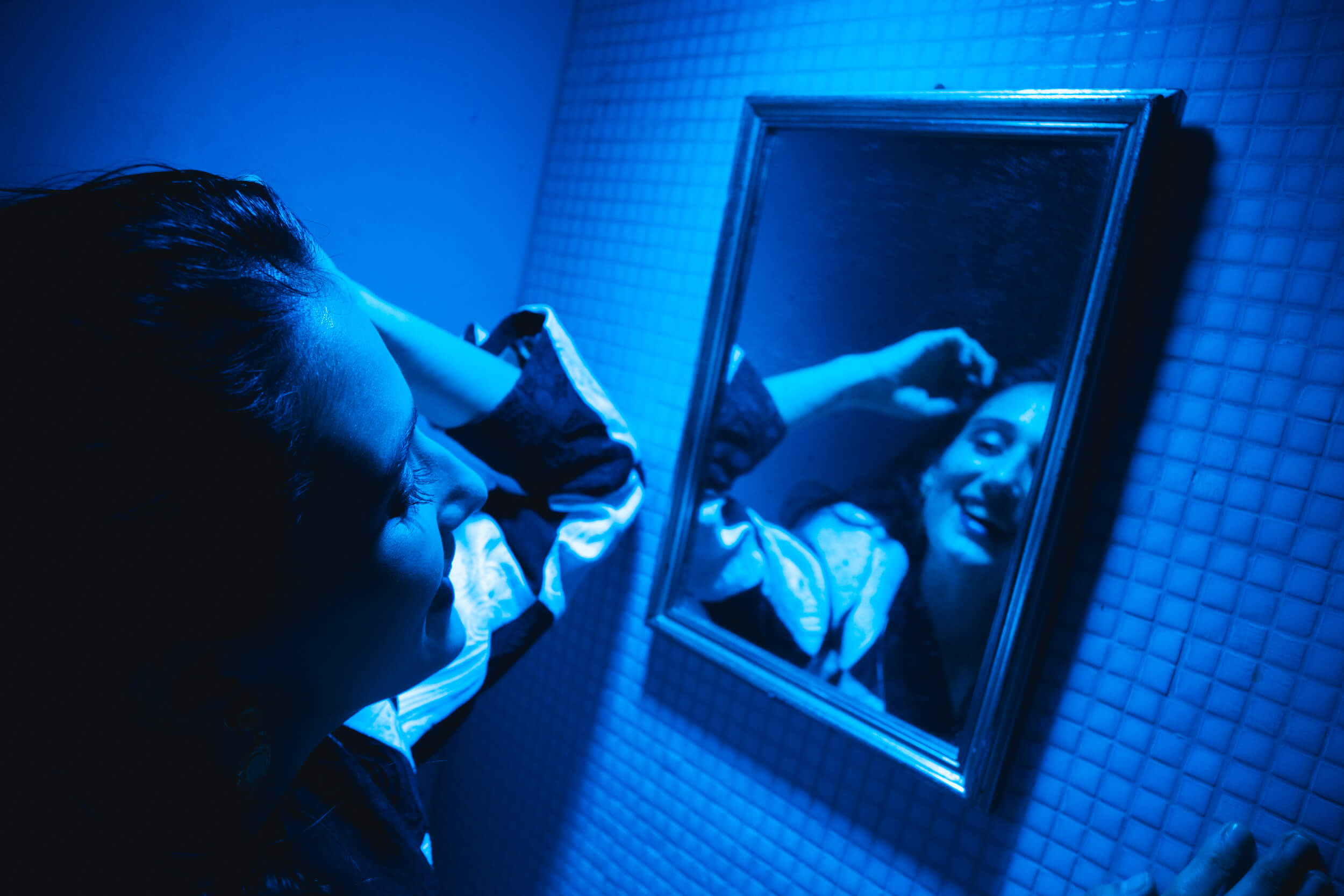
“I have slowly learned to untie the wrong knots setting myself free…”
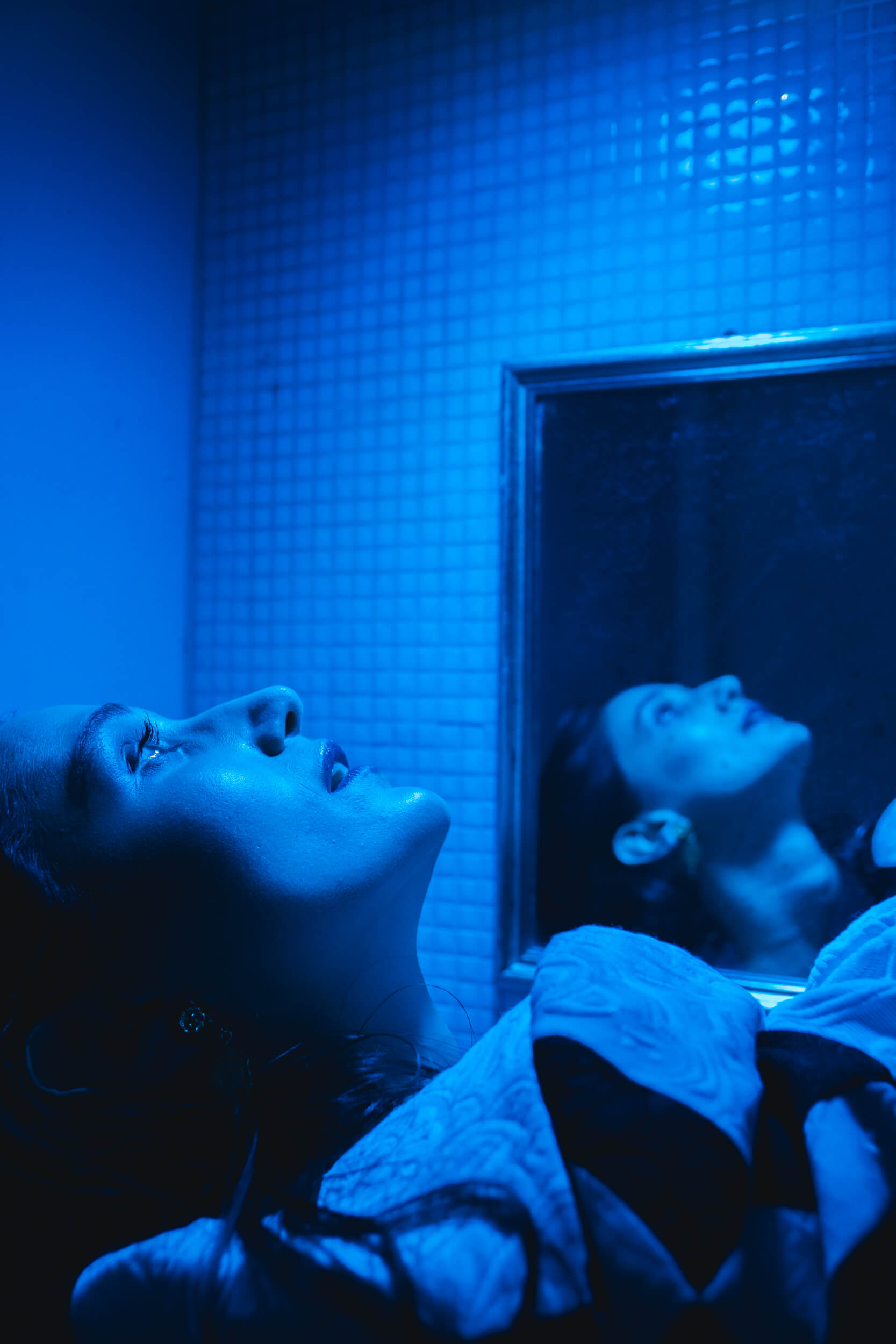
“But I also like that other idea of ‘ties’ that the movie tells […] To have traces, more or less conscious, of my mother and father, or my brother and the people with whom I’ve exchanged a very deep love, this, too, is part of the ties.”
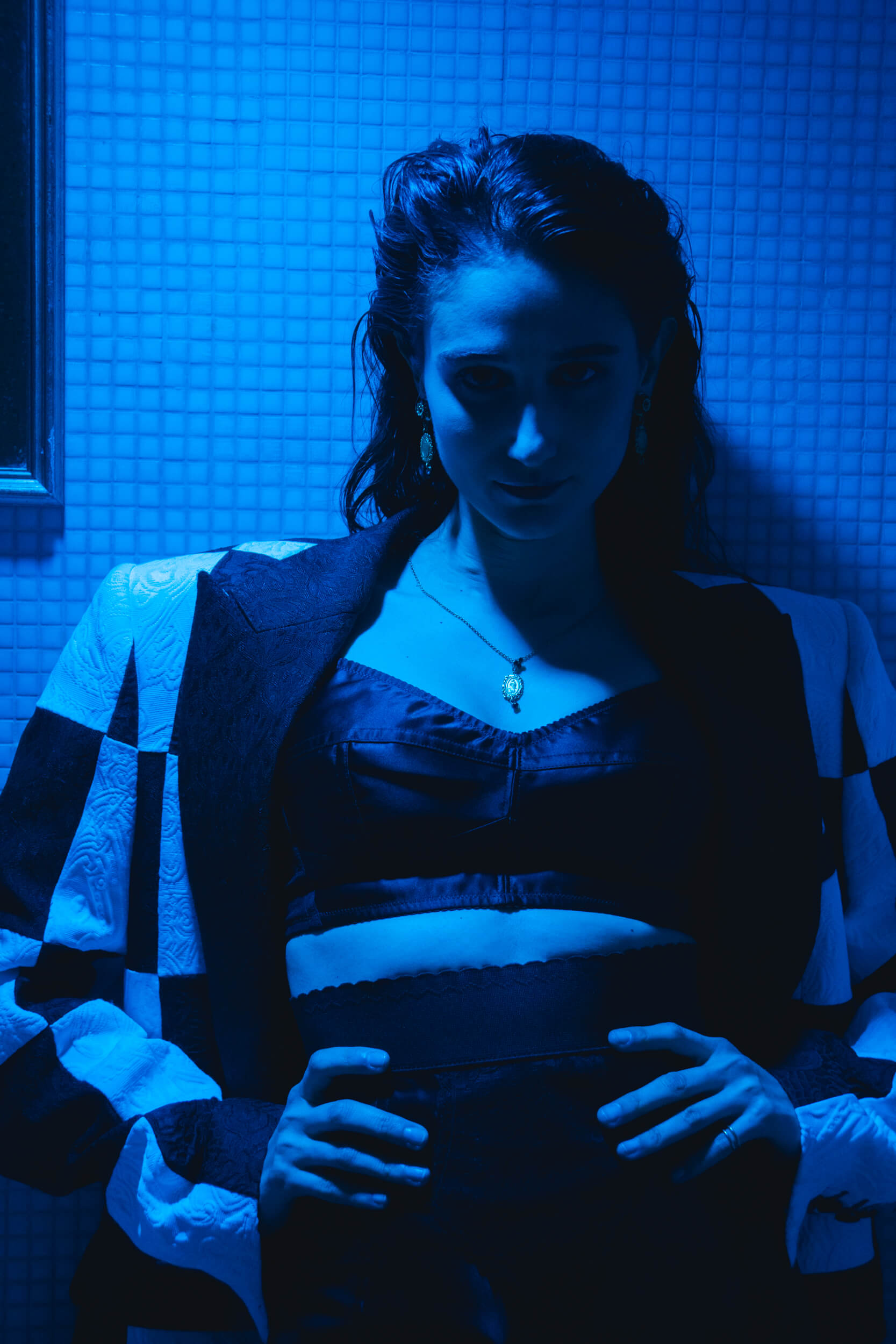
“Supereroi,” the new dark comedy by Paolo Genovese: what can you tell us about your character and the movie? (How much does it distance itself from or stays faithful to the book?)
In this movie I play Tullia, who’s Anna’s (Jasmine Trinca) best friend, and she’s the one who stays by her side during the years of this extremely long love story that the movie and the book tell. Tullia struggles in her own way, as well, to find those superpowers without which you could maybe brush against true love, but you could never “make it last forever.”
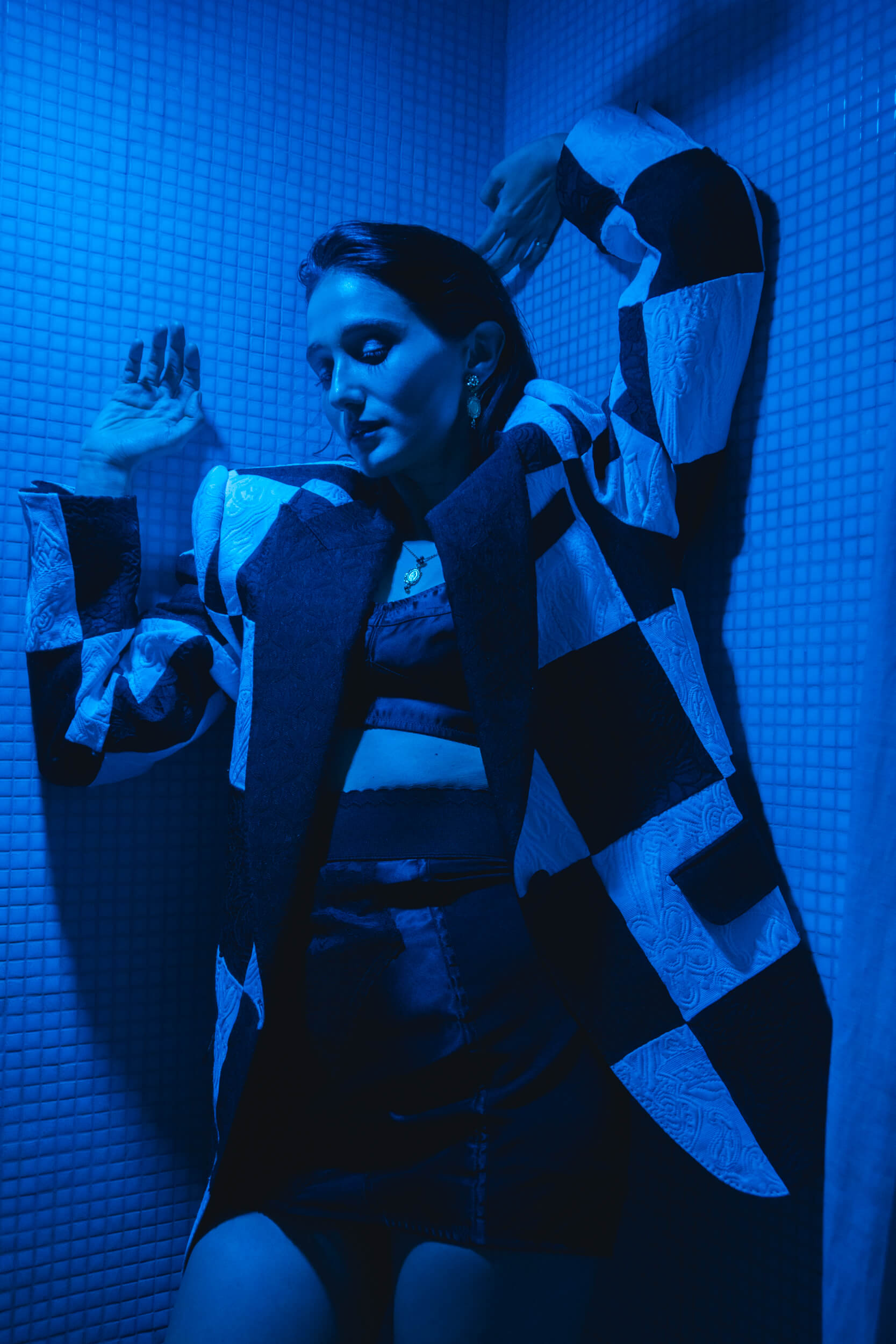
The film has an ensemble cast: you’ve shared the set with brilliant fellow actors like Alessandro Borghi, Jasmine Trinca, Greta Scarano, Vinicio Marchioni, Elena Sofia Ricci. How and where was the chemistry between all of you created? Did you have a special technique to make the gestures, looks, actions, and relationships real on the screen?
I entered this movie on the run, it set off like Superman the very first days of September 2019, we immediately shipped off to Ponza, for some days of rehearsal there, right before stealing from the island the very last trace of summer. The chemistry with my brilliant fellow actors was simply a gift from their humanity, they soon closed the gap between them and me who, maybe, was the only one who had never met any of them in person. Jasmine and Alessandro, even though they carried the weight of the whole movie, were soon very inclusive, even in the most difficult times, we had, even in the initial race against the clock. And Paolo, as soon as he could, would always gather us all around a table, even with a nice meal in the place of the script!
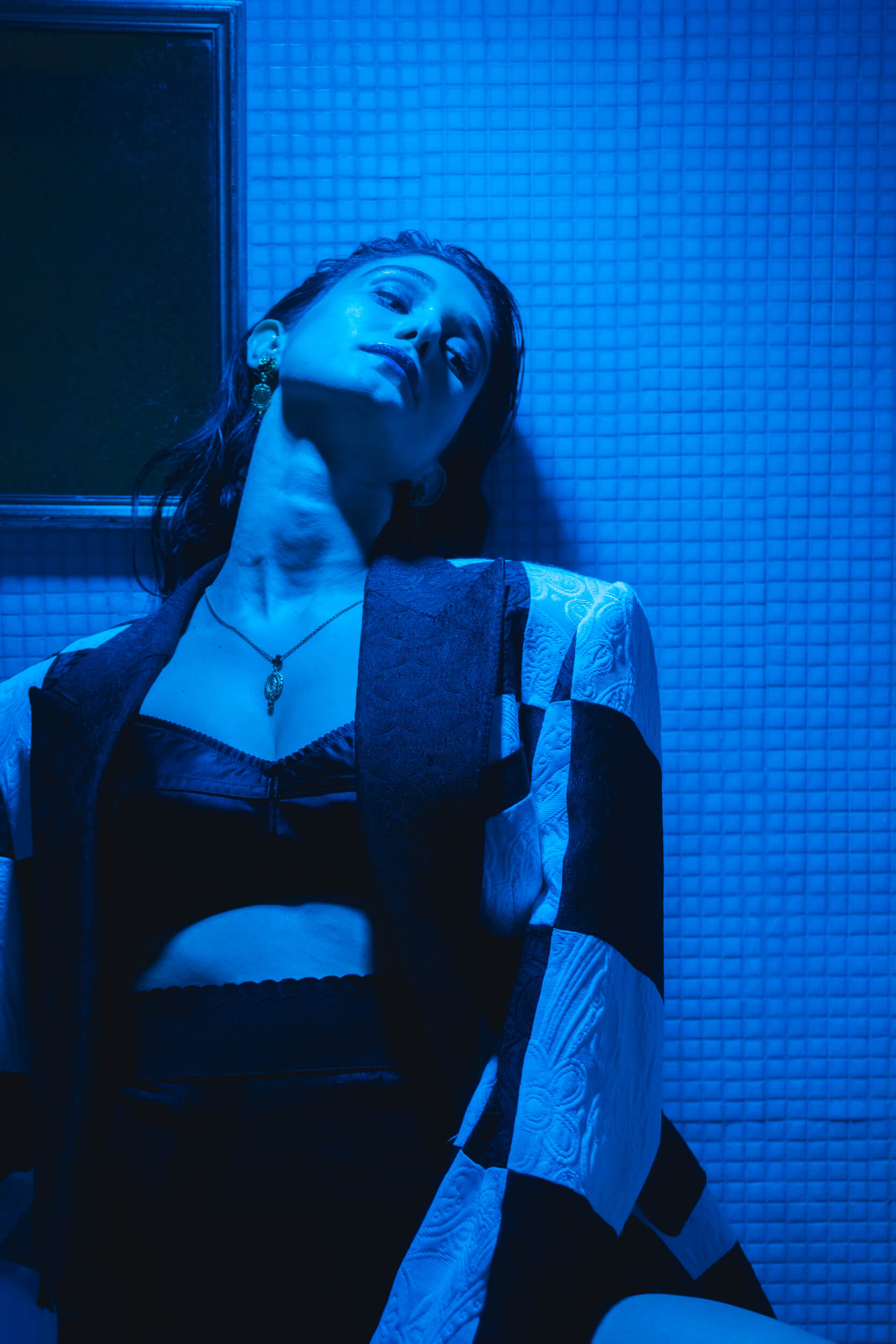
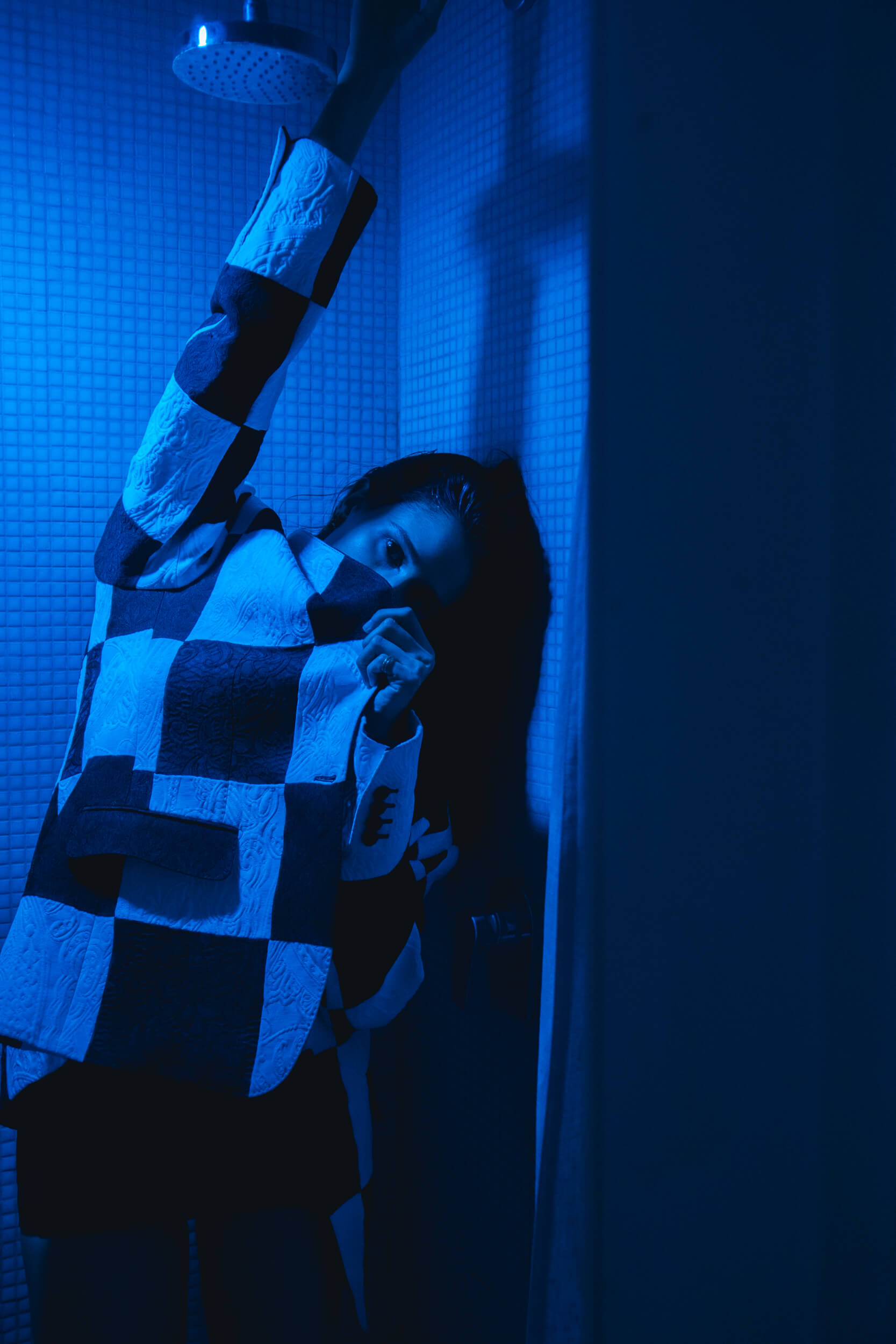
“And Paolo, as soon as he could, would always gather us all around a table, even with a nice meal in the place of the script!”
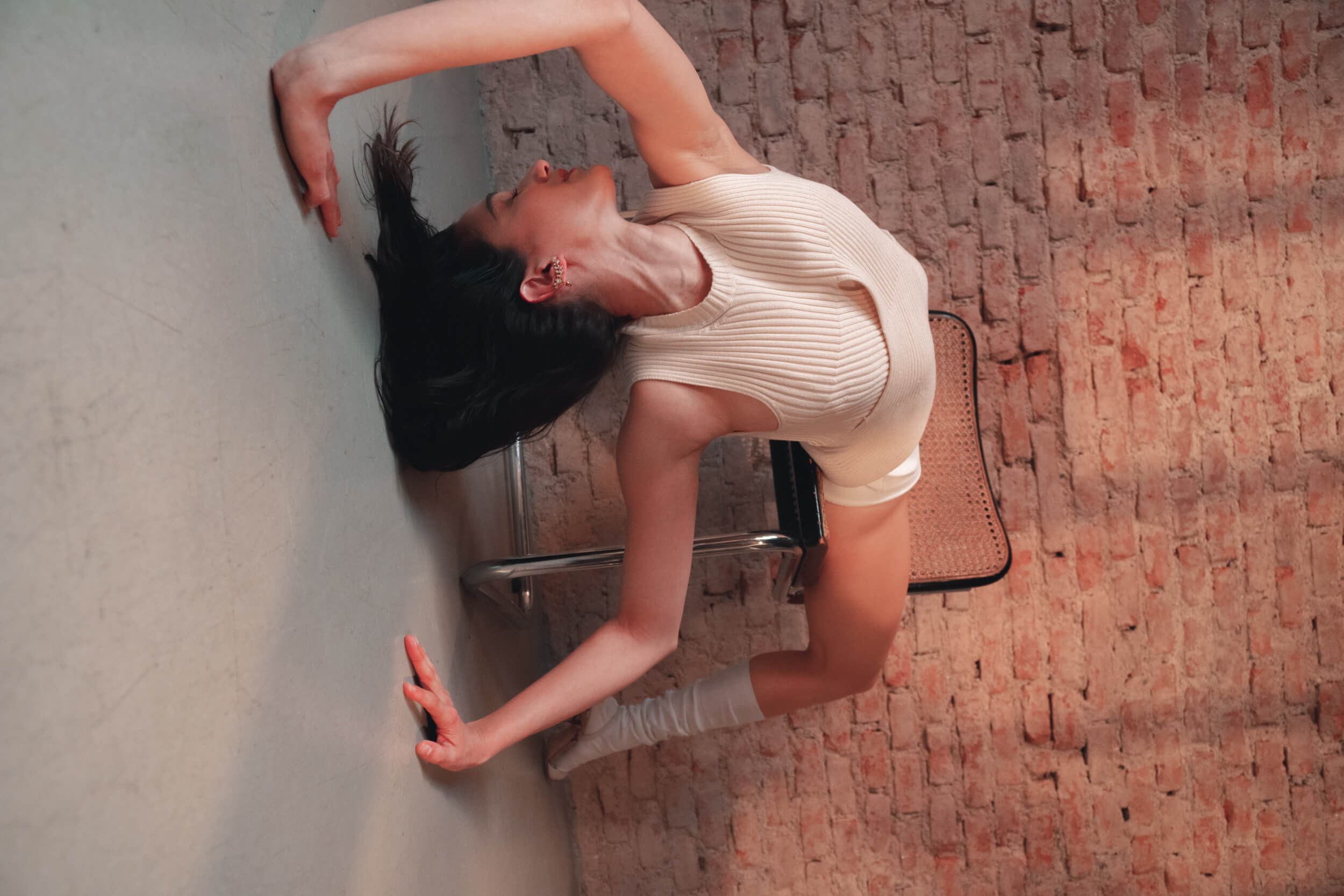
Did you take home with you any new lessons or secret tips once you finished shooting the film?
I found confirmation of something I had already acknowledged: that teamwork is the only possible kind of work, that it is… the superpower of cinema.
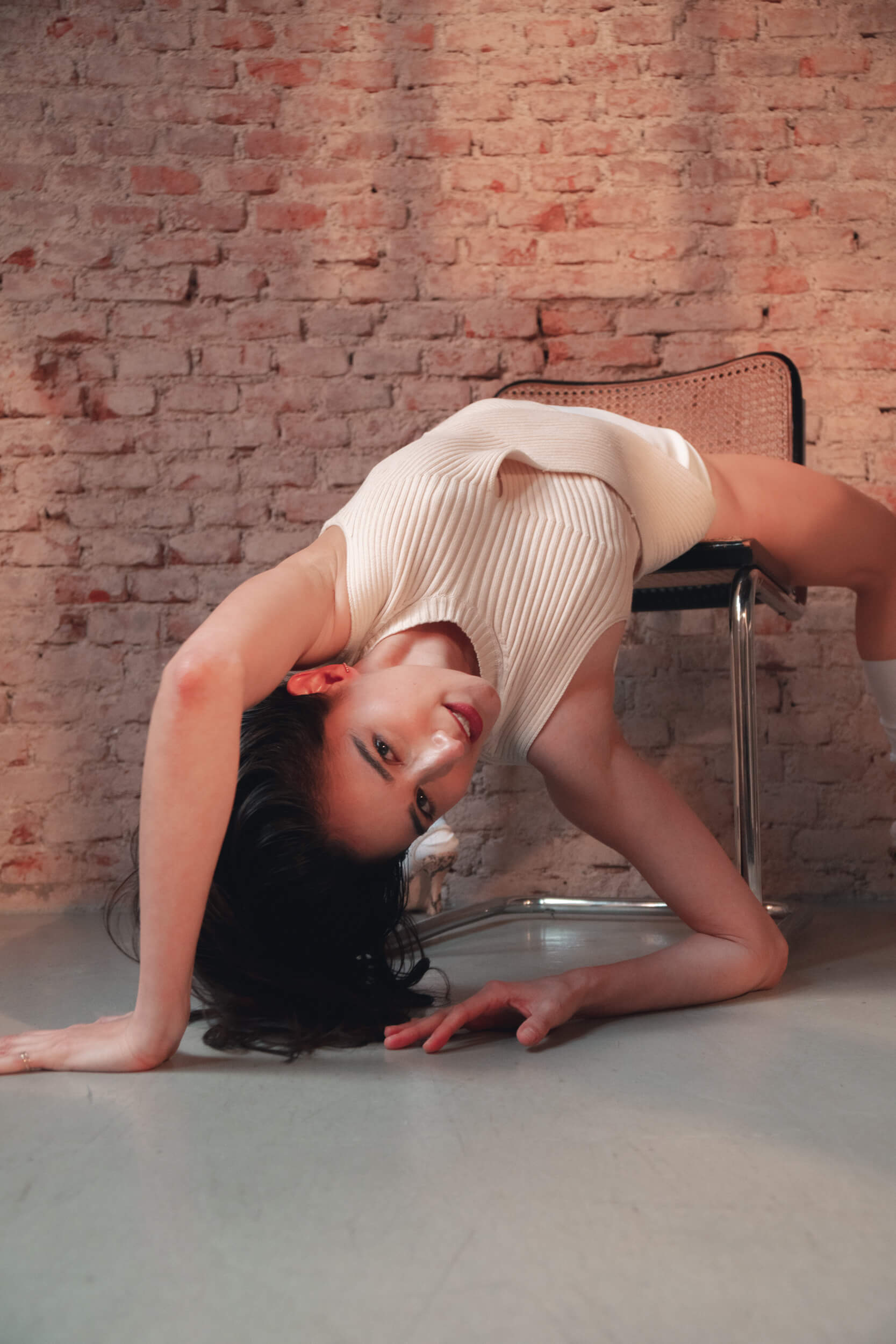
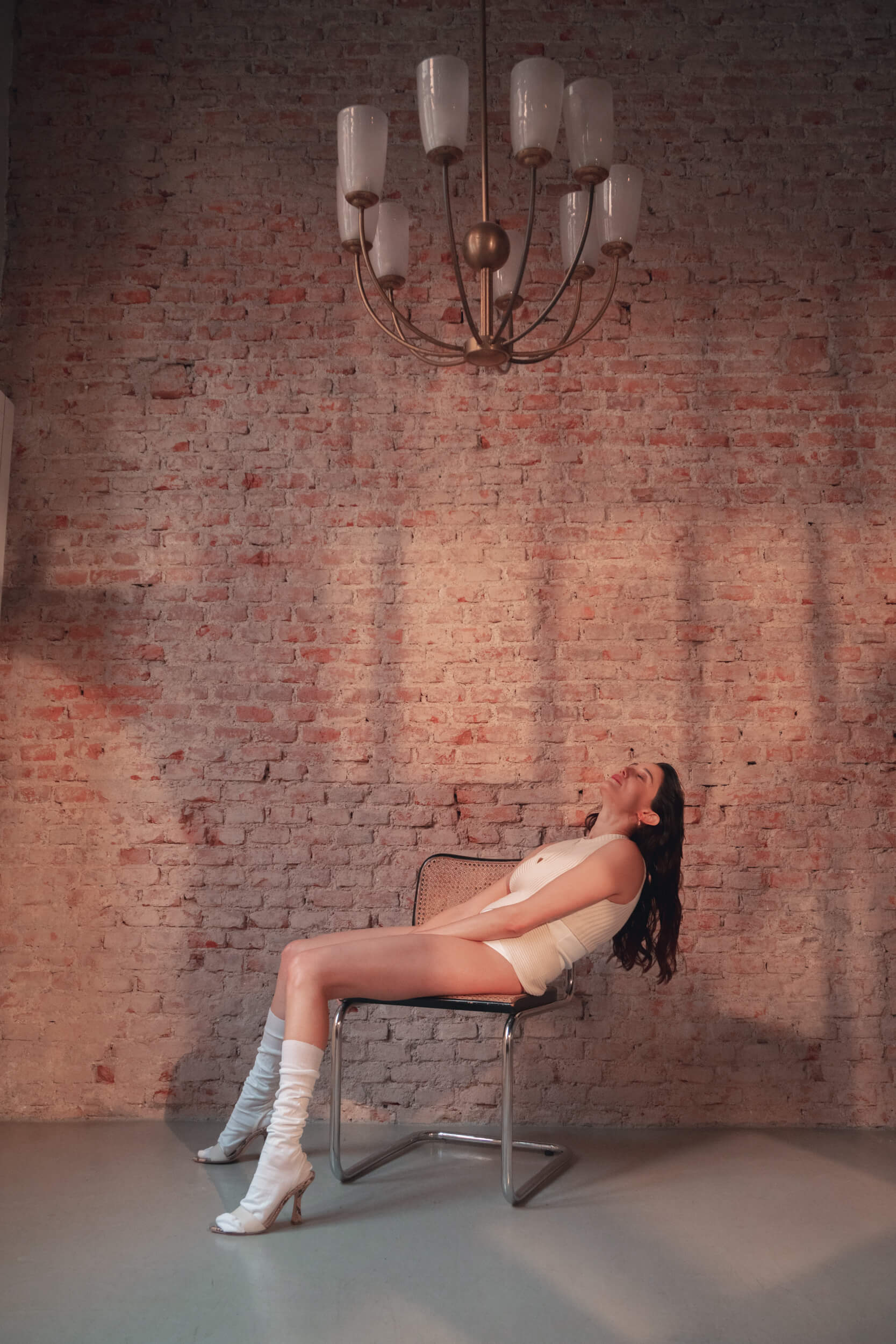
How would you describe “Supereroi” in one word?
Just like you, I haven’t seen the movie yet, but taking inspiration from the cover of Paolo’s book I’d say… “toothbrush”!
That’s what we leave in a house that’s not ours, declaring the birth of some intimacy, or the beginning of cohabitation. But it’s also the symbol of a gesture of daily self-care routine, and it’s in the care and dailiness that you commit to making love last long.
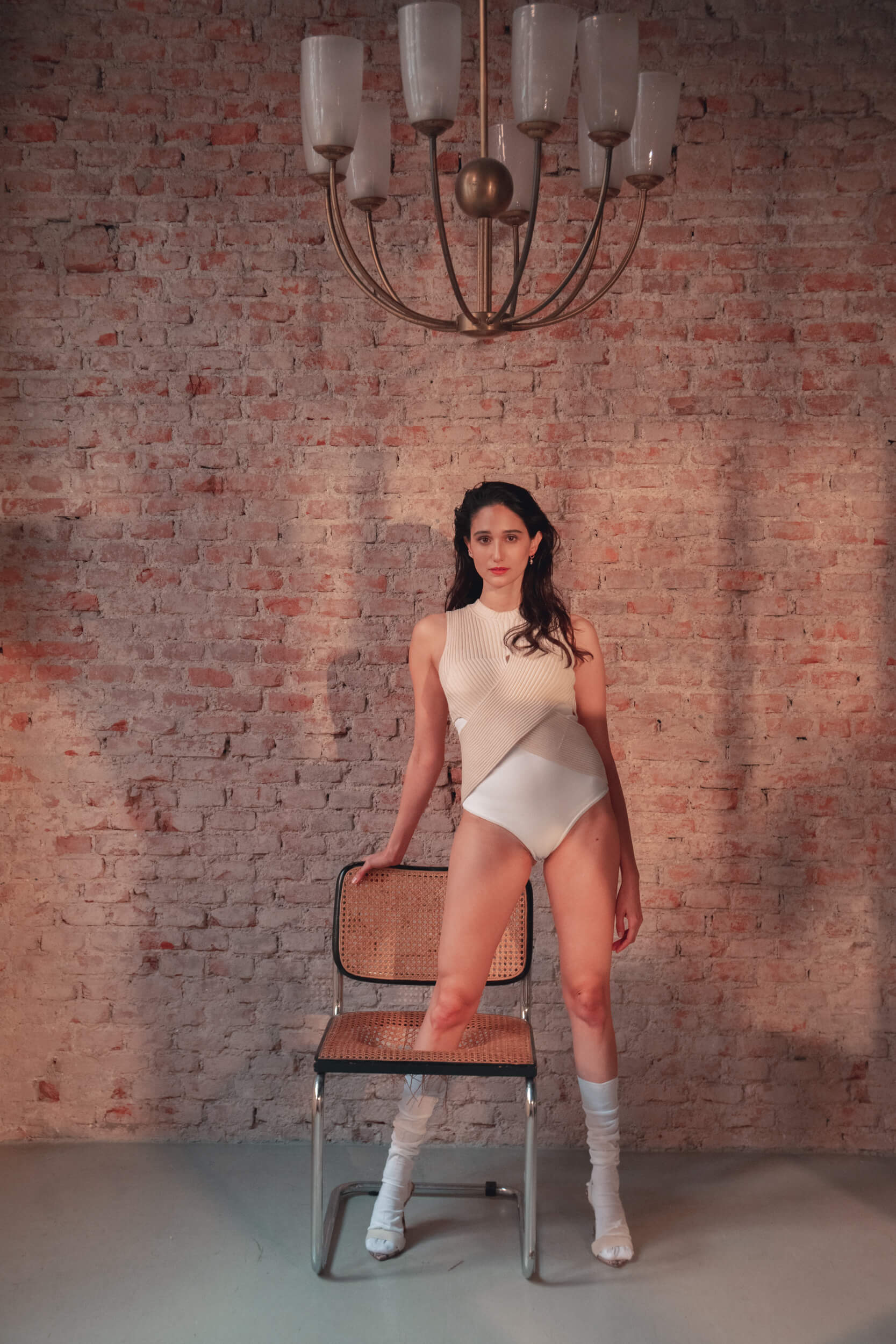
Your She from “Ricordi?,” by Valerio Mieli, and Antonia Pozzi from “Antonia.,” by Ferdinando Cito Filomarino, are some of the female characters from the cinema who I’ve personally loved the most, both on a level of writing and performance. I think their stories are “necessary,” the one about the fragility and flexibility of human memory told in “Ricordi?,” and the life and thoughts of Italian poet Antonia Pozzi in “Antonia.;” on behalf of many people, I thank you for having offered the wider public some important points for reflection and introspection upon our own life experience. What have those roles given you? Did they teach you something new about yourself?
Thank you for your words, to touch a soul is, for us, a synonym for mission accomplished! “Antonia.” was my very first big cinematographic experience, and through my encounter with her poetry and burning approach to every single detail of life and the things that led her to “wear out” at a young age, I’ve learned to decipher and know that way of living – which I often used to have and, growing up, I’m learning to mitigate with lightheartedness – always at a high inner intensity. It’s not a choice, but a sort of fate of nature (“per troppa vita che ho nel sangue tremo,” “I have so much life in my blood that I tremble”).
She from “Ricordi?,” instead, and the whole movie itself, have a space to reflect upon the relationship with time: I live a lot in the past, in the re-enlivening of certain moments, in the memories of the five senses, and a lot in the future, in the projections, in the concerns, in the fantasies. “Ricordi?” gave me the desire to look a bit more for the present time, something of which the characters talk a lot in the film, even when they’re young. What is it? Does it exist? Maybe it’s a trick to touch it and realize that we breathe. Right when we do it.
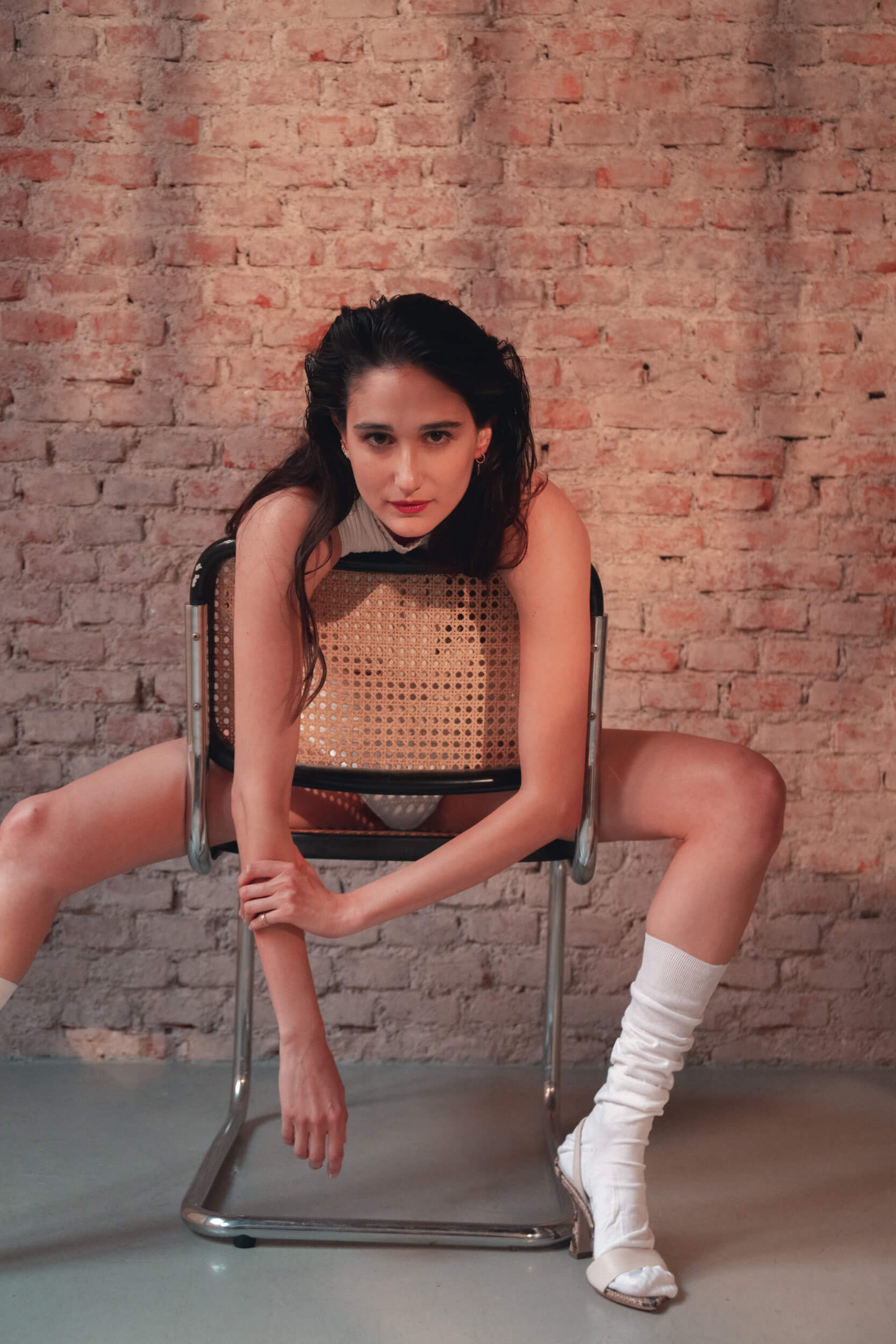
“I live a lot in the past, in the re-enlivening of certain moments, in the memories of the five senses, and a lot in the future, in the projections, in the concerns, in the fantasies.“Ricordi?” gave me the desire to look a bit more for the present time, something of which the characters talk a lot in the film, even when they’re young. What is it? Does it exist? Maybe it’s a trick to touch it and realize that we breathe. Right when we do it.”
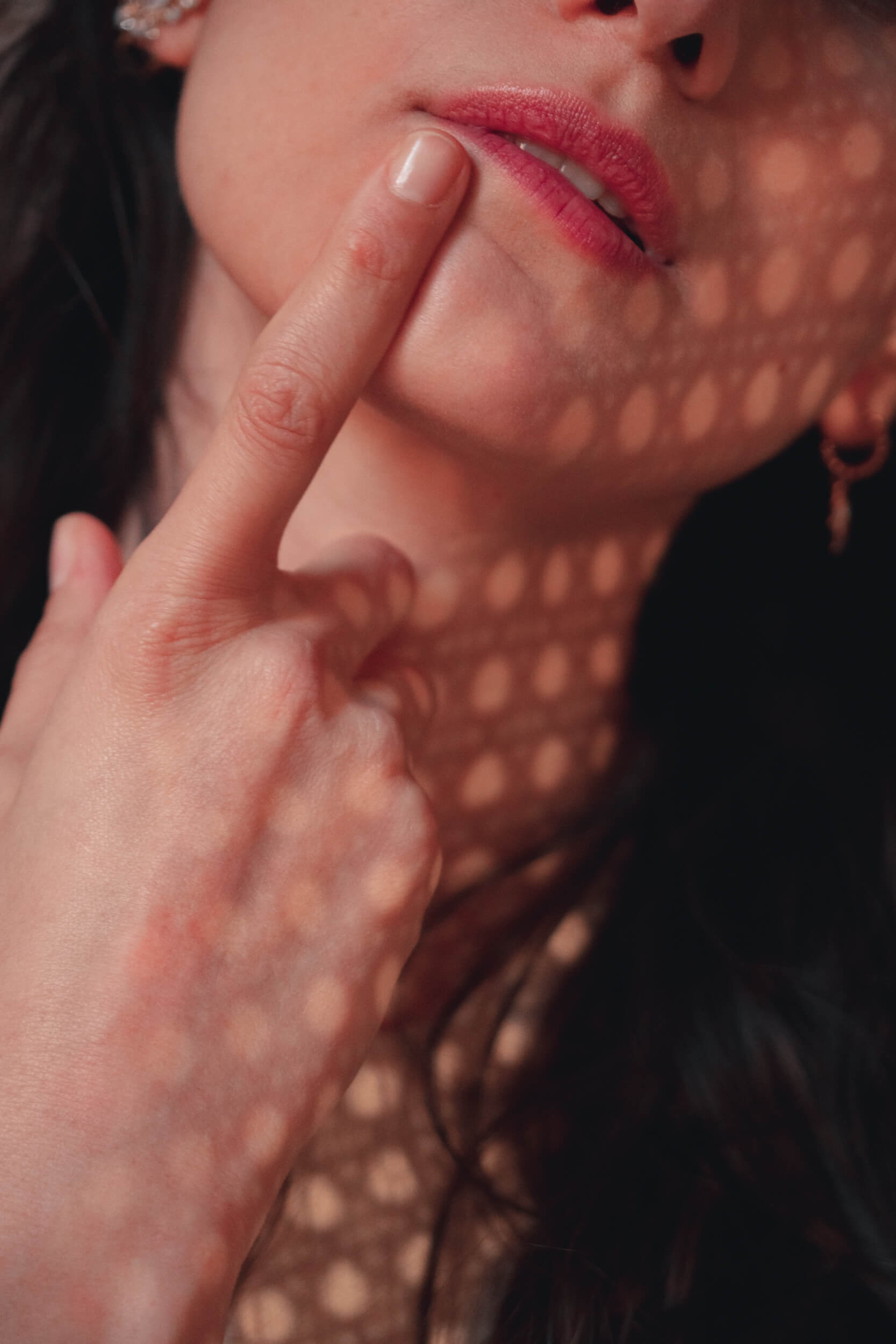
They often talk about how cinema and theater can change your life, both as an audience member and performer. When we watch movies, TV series, or theater plays, it’s a bit like making new acquaintances and getting in touch with new realities that, inevitably, we compare with our own. We also often compare the characters to ourselves, and their experiences to our own, which is a useful process of understanding our own selves a bit better, to know ourselves better. Have you ever played a role that overwhelmed you and, maybe, changed you?
Perhaps, all those characters who tell about some struggle, some fight against an unfair situation, or against their own limits. I’d say, one above all, involved in a struggle both metaphorically speaking and metaphors aside, Maggie from “Million Dollar Baby.”
You work in cinema, television, and theater. How does your approach to these different kinds of production change? Which one is the world to which you feel you belong the most?
I’m learning that there are codes and approaches very different from each other, I’d say specifically between theater and film, whether it is for cinema or TV.
Theater taught me this job, with its sacred respect for the workspace and for the others, with its process of covering, again and again, the story arc in full, first during rehearsals and then in front of an audience, and with its crucial foundation of the “here and now,” of seizing whatever happens, always, no matter what you’d rehearsed and what the scene involves. During an encore performance, you could trip, a light could suddenly switch off, or the music could not play, or you could forget some lines, but the show must go on, welcome the unexpected and do something with it together with who’s on stage with you. I try and use all this also when I’m in front of the camera, which is a tool that I’m getting to know directly on-field, and what particularly fascinates me about it is the possibility of detail and selection of a frame and point of view that become an extremely powerful integral component of the narration.
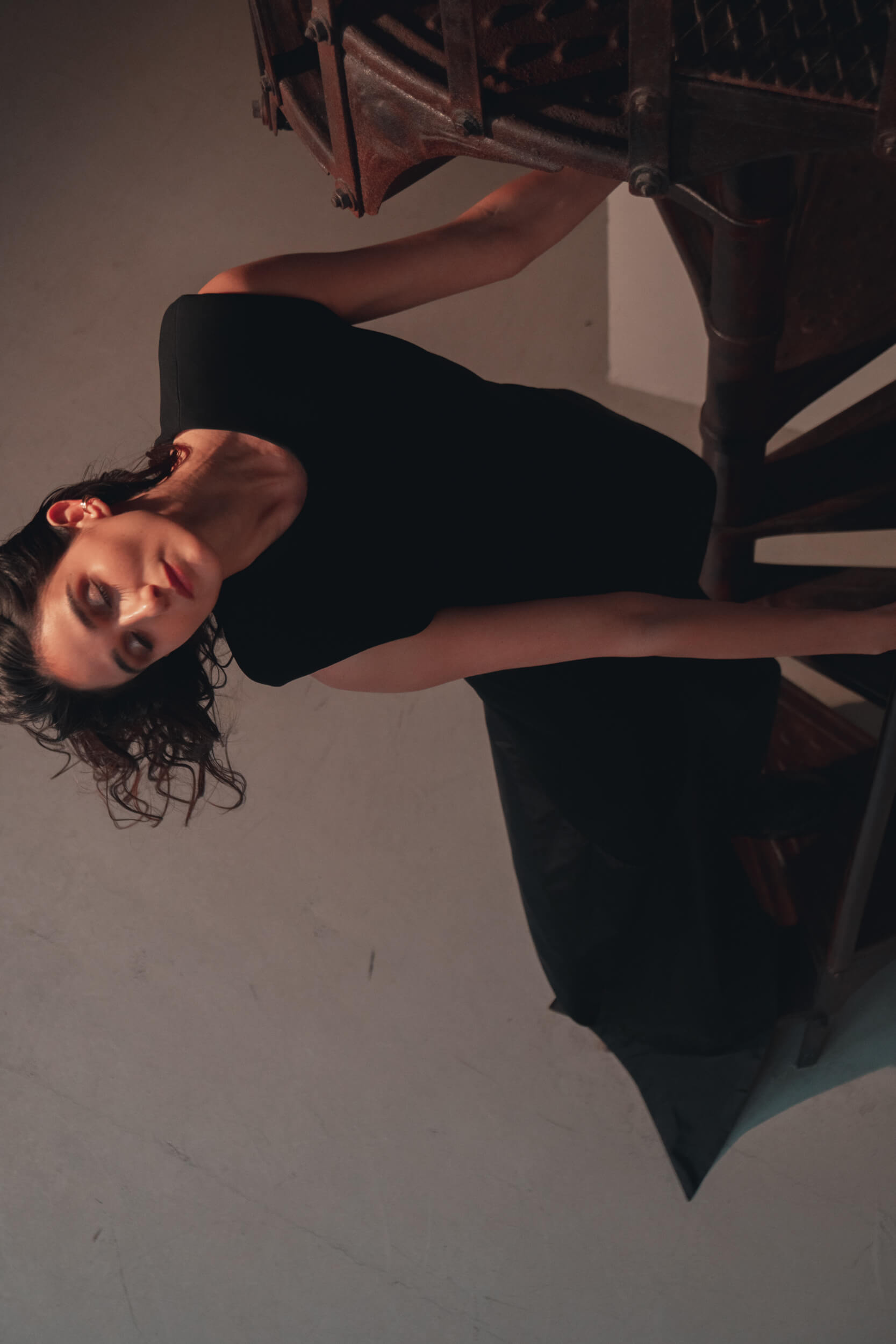
“Theater taught me this job, with its sacred respect for the workspace and for the others, with its process of covering, again and again, the story arc in full, first during rehearsals and then in front of an audience, and with its crucial foundation of the “here and now,” of seizing whatever happens, always, no matter what you’d rehearsed and what the scene involves.”
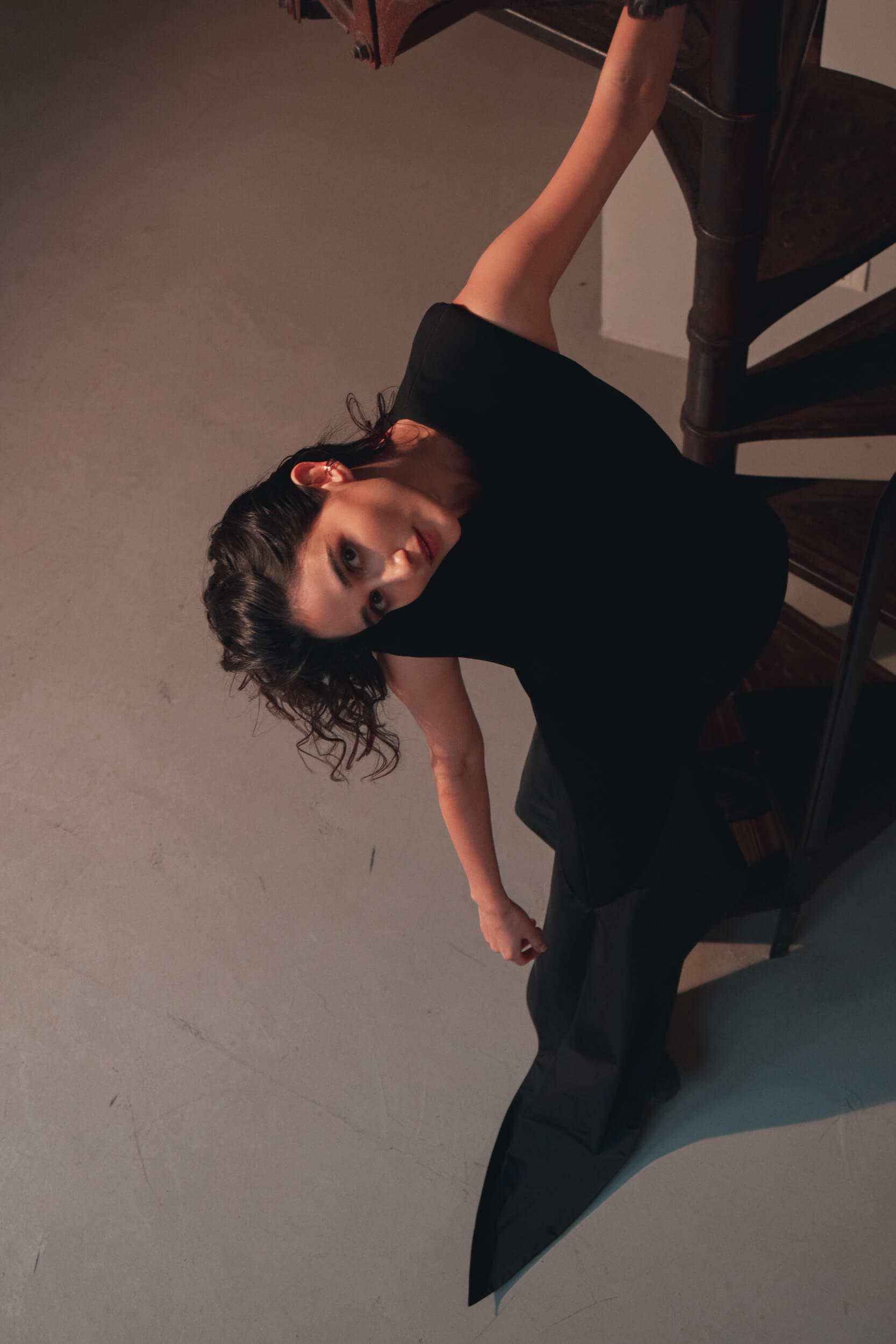
“I try and use all this also when I’m in front of the camera […] and what particularly fascinates me about it is the possibility of detail and selection of a frame and point of view that become an extremely powerful integral component of the narration.”
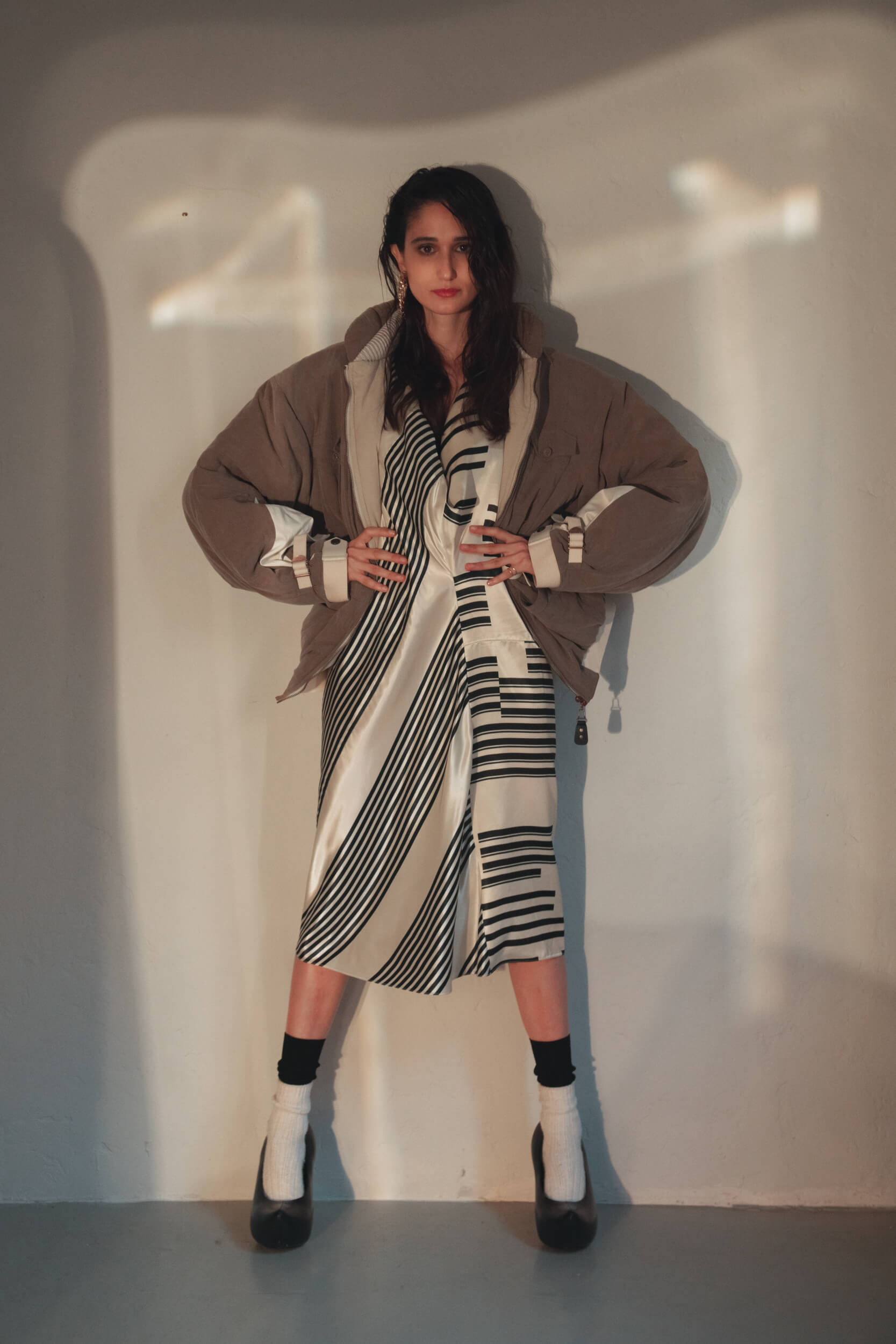
If you could choose your next role, a character based on a real person, maybe, who would you choose and why?
Speaking of real lives, I’d like to seek out, behind the biggest male names in all fields, the invisible but hard-working women, those who didn’t have a chance to express themselves, not even pseudonymized, in the arts or behind the political scenes. I’d like to make up a choir of stories with them, maybe, to play together with some other female colleagues.
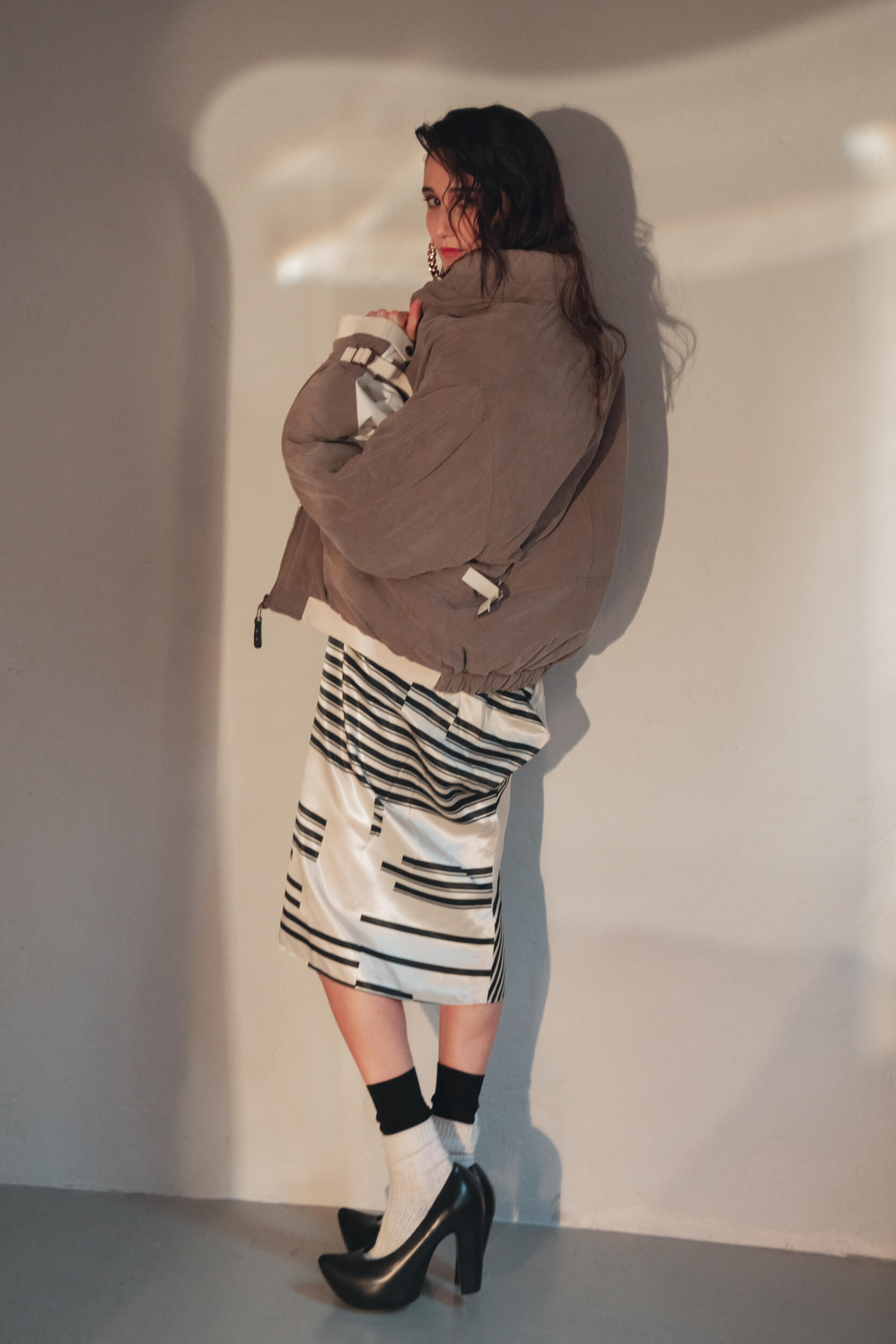
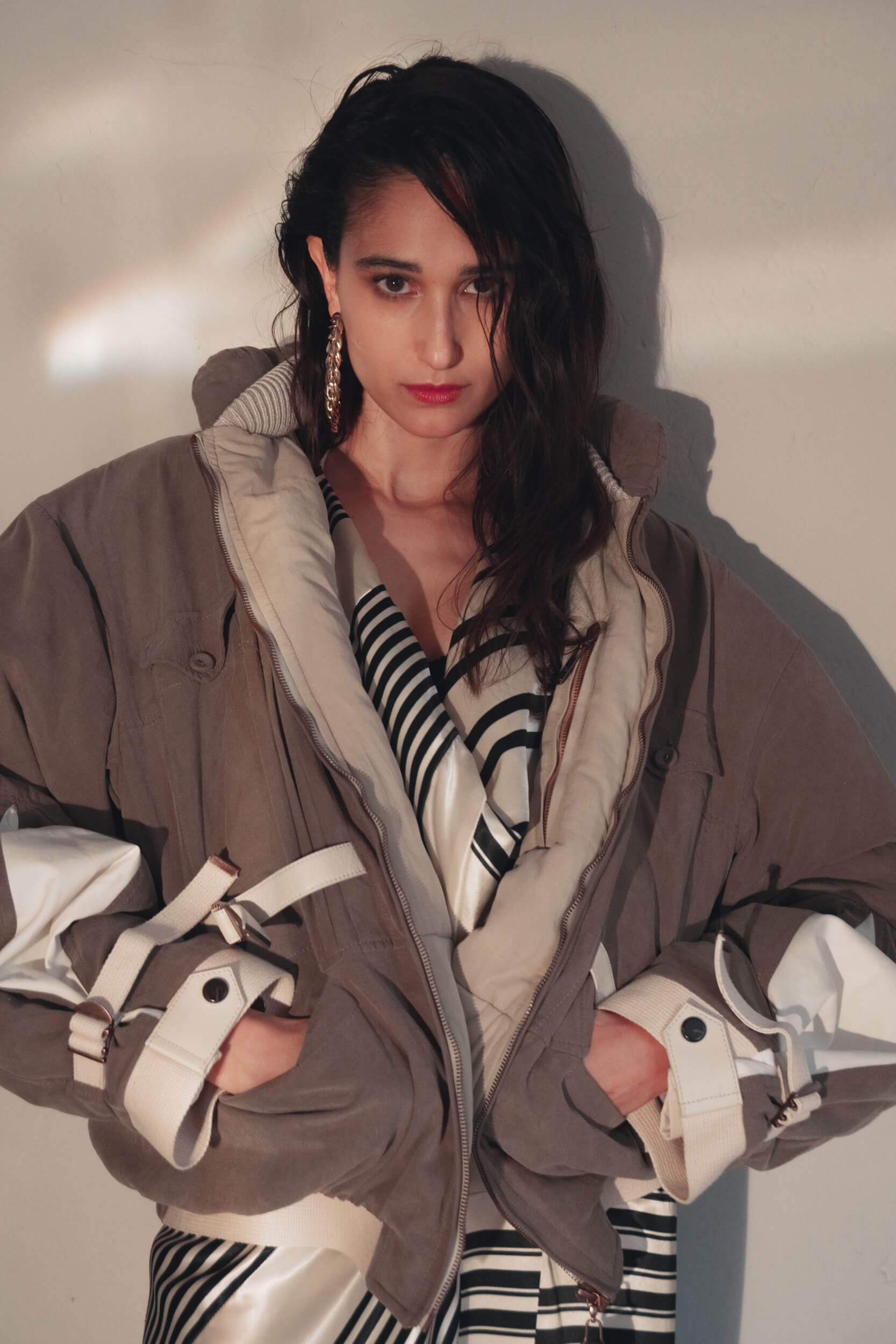
Who’s a character from the movies or TV series you would want to be friends with?
I would have liked to get to know Valentina Pedicini, and I almost made it thanks to my experience as a juror in a festival last summer, a few months before her death. I just made it in time, during a chat on a video call where we discussed, among other things, about her film in competition (“Faith”), I could catch her special way of approaching unarmed to the meeting, with a huge willingness to listen and a vivid curiosity.
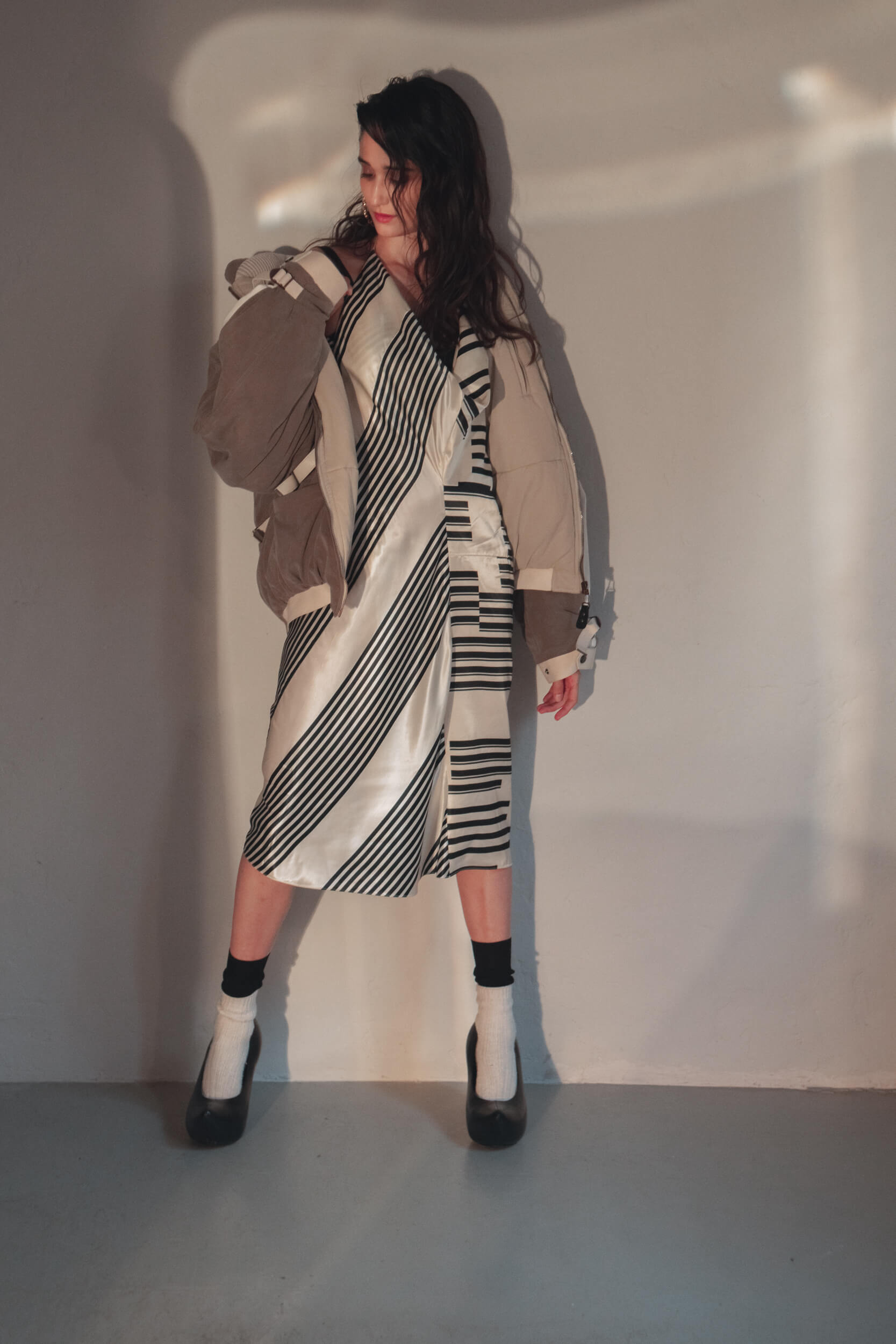
Your dream collab?
Shooting off all fireworks of impossibility, I’d tell you a shortlist, while we’re daydreaming: I’d love to be able to closely see at work, from prepping to set, Frances McDormand, Daniel Day-Lewis, Meryl Streep and the young Xavier Dolan case.
Do you have any role models, sources of inspiration, both in your work life and everyday life?
I guess that, over time, even though I keep deeply admiring certain people, from the most familiar to the most mythological ones, what I’ve been trying to learn is to let my own subconscious inspire me, guide me… He already knows all my wounds and antidotes, he knows the importance of kind respect and audacity… I’m trying to learn to give him the freedom to be my teacher.
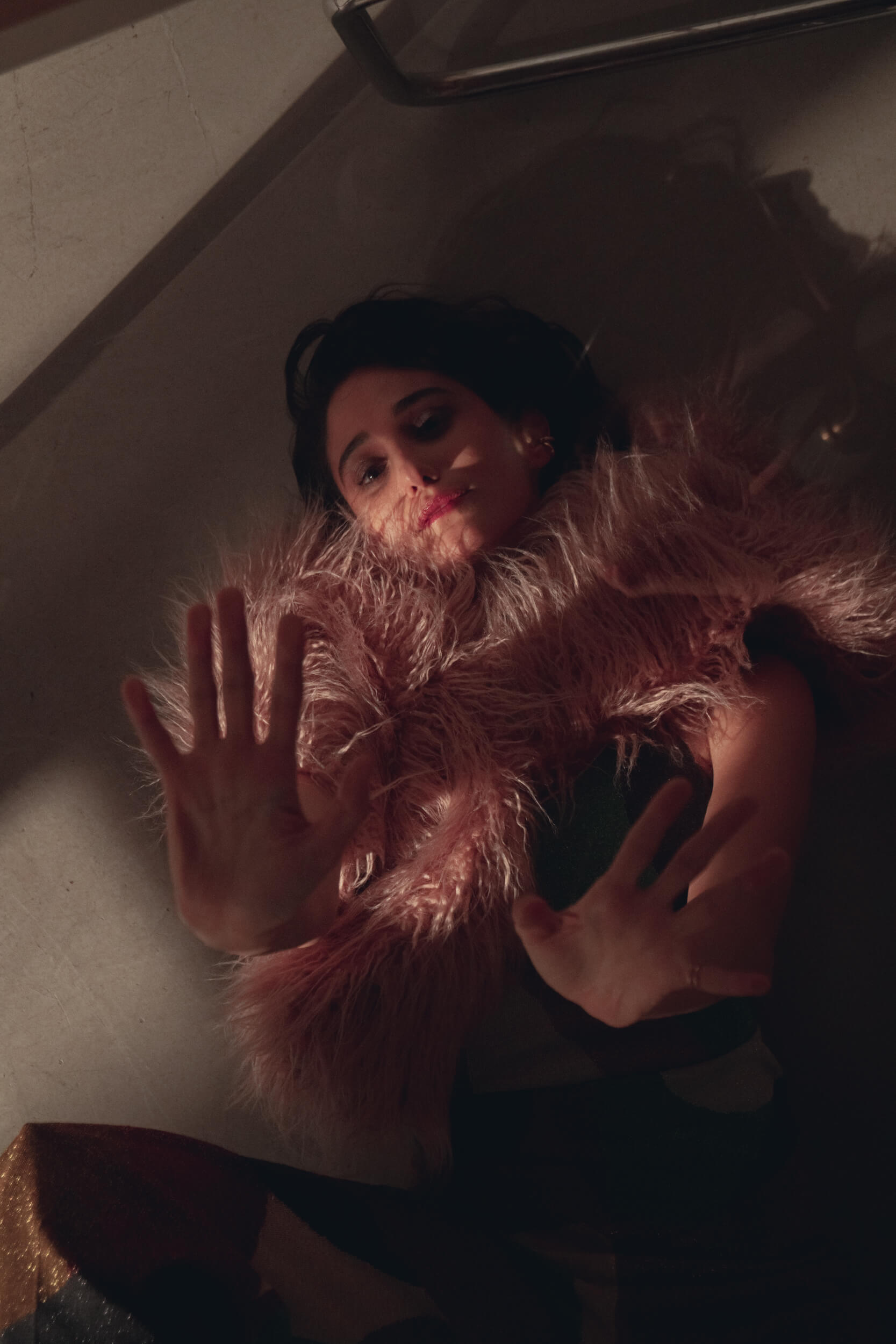
“…what I’ve been trying to learn is to let my own subconscious inspire me, guide me…”
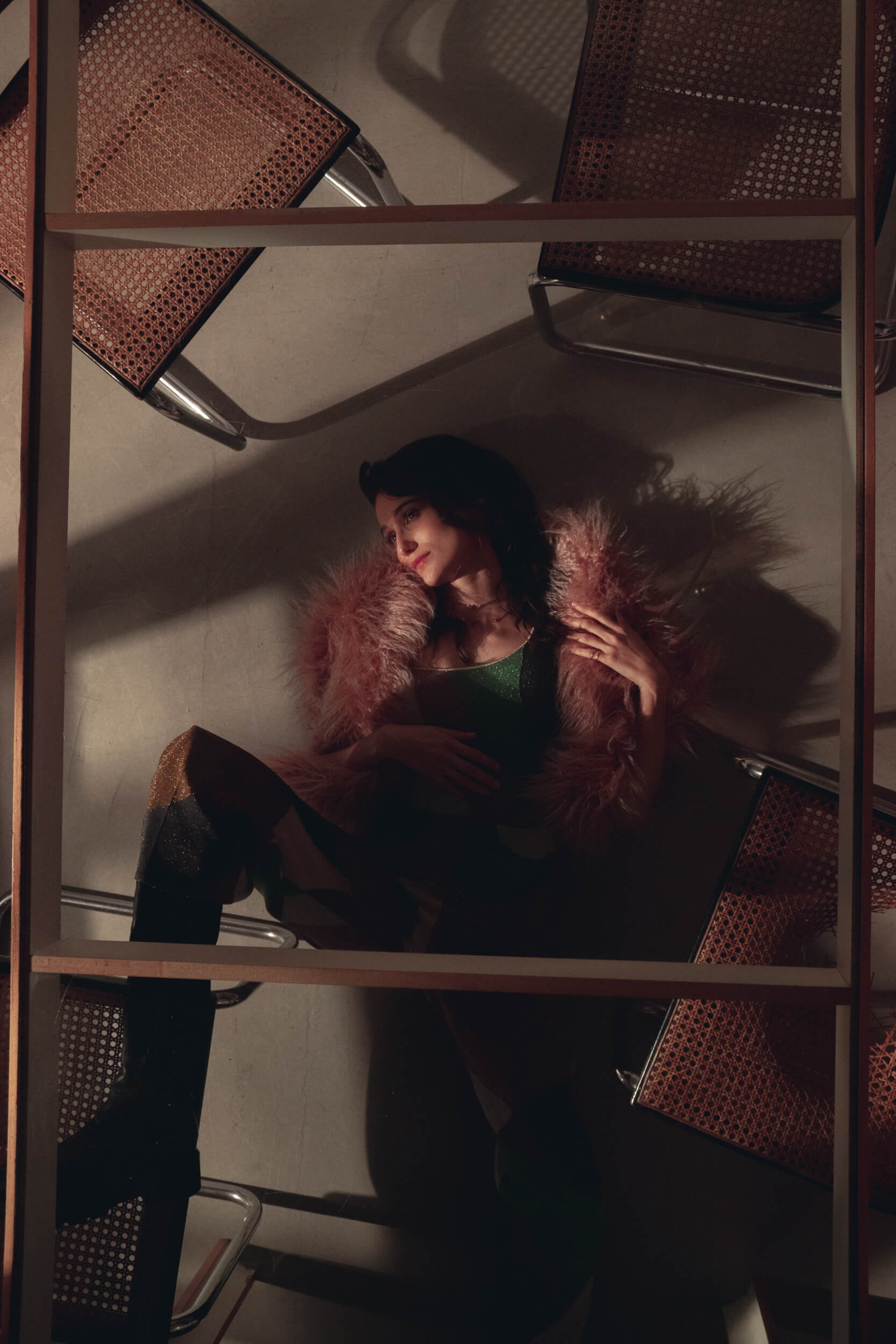
What stories do you dream to tell?
Stories that choose unscrupulously one point of view, that represent bluntly a real situation, that give up aesthetic, if necessary, that do all they can to touch a soul, to intercept the emotional intelligence of who’s watching.
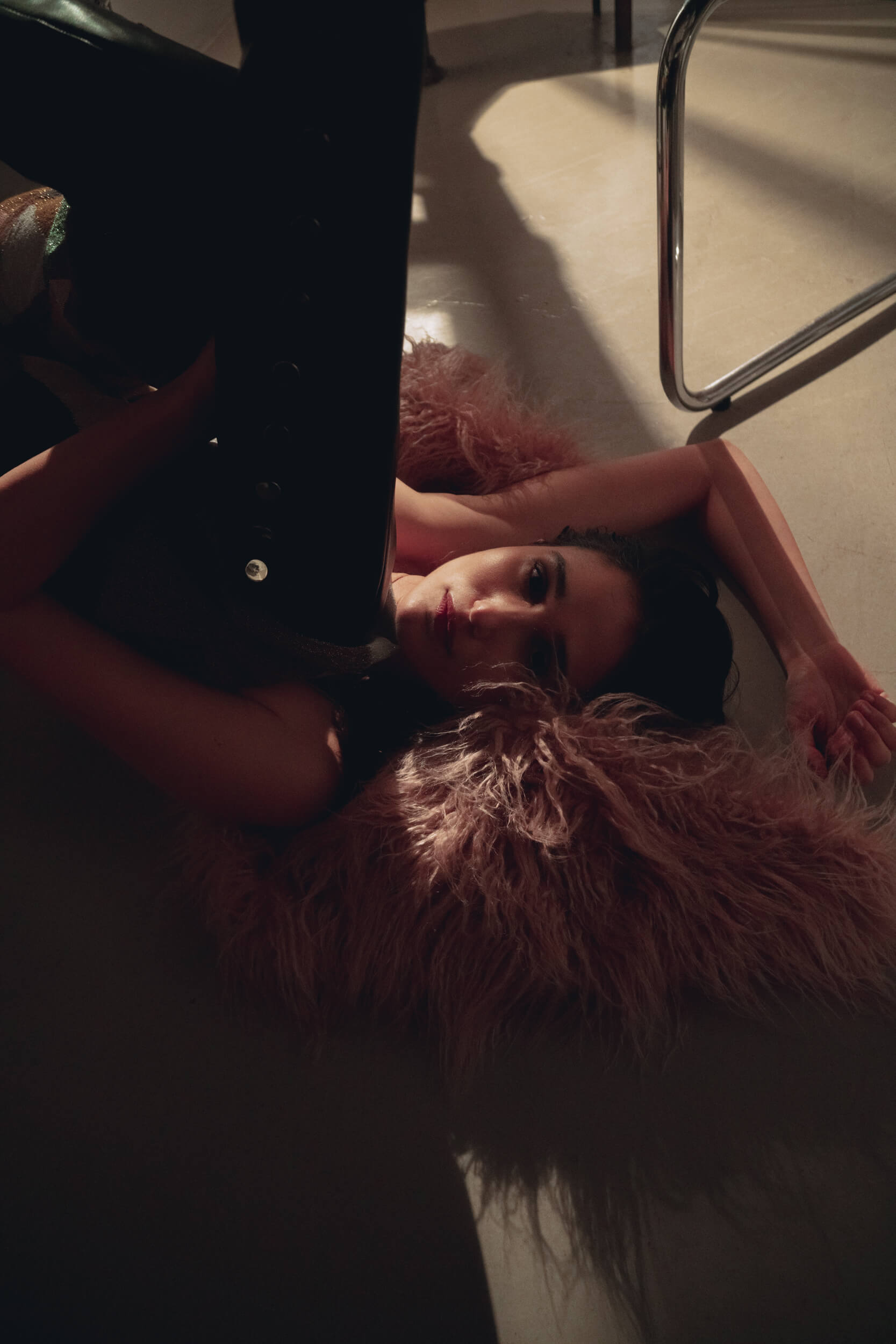
Your latest binge-watch?
“Sex Education.”
The latest thing you found out about yourself?
That even though I love meat in all its culinary versions, from raw meat to the offal they put in ca meusa paninis, I can totally replace it with a nice veggie burger and feel just as happy, if not happier, as I would be doing one of the many small sacrifices that we have a duty to make for the sake of our planet.
Your must-have on set?
Roman pizza. Luckily, not all sets are in Rome.
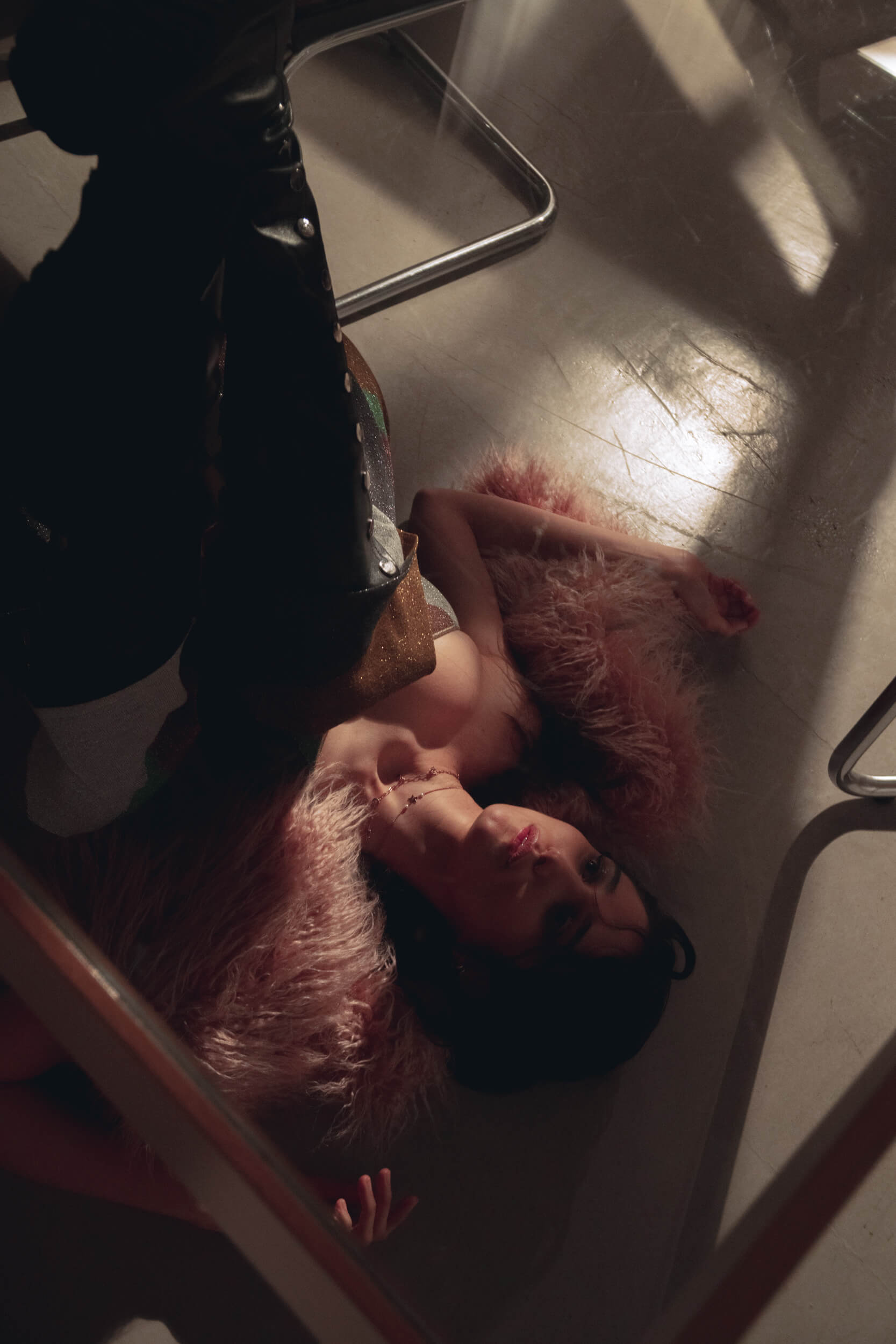
An epic fail on set?
I haven’t had any actual epic fail yet… but I hope to collect at least a few over the years, just for the fun of telling them to people. However, there’s a pretty recent episode that comes to my mind. I was on the set of “Cacciatore: The Hunter,” it had been a long day, we were in a cold basement, after several takes, I was trying to gather strength not to laugh to the face that Giorgio [Caputo] would regularly make to me off-camera. A grueling effort, as witnessed by some recent TV shows. Anyway, all wrapped up in my deep muscular work, I said my line. Francesco [Montanari], perplexed, turned around and, instead of saying his line, he answered me with a gerund. Mah. I didn’t understand what was happening. My impulse to laugh increased to very high levels and, after a few seconds, while I realized I’d just pronounced a meaningless sentence, with actually a wrong gerund, which Francesco was trying to point out so that we didn’t have to get another take, I caught Giorgio out of the corner of my eye and… I just couldn’t handle it anymore. Really, no more.
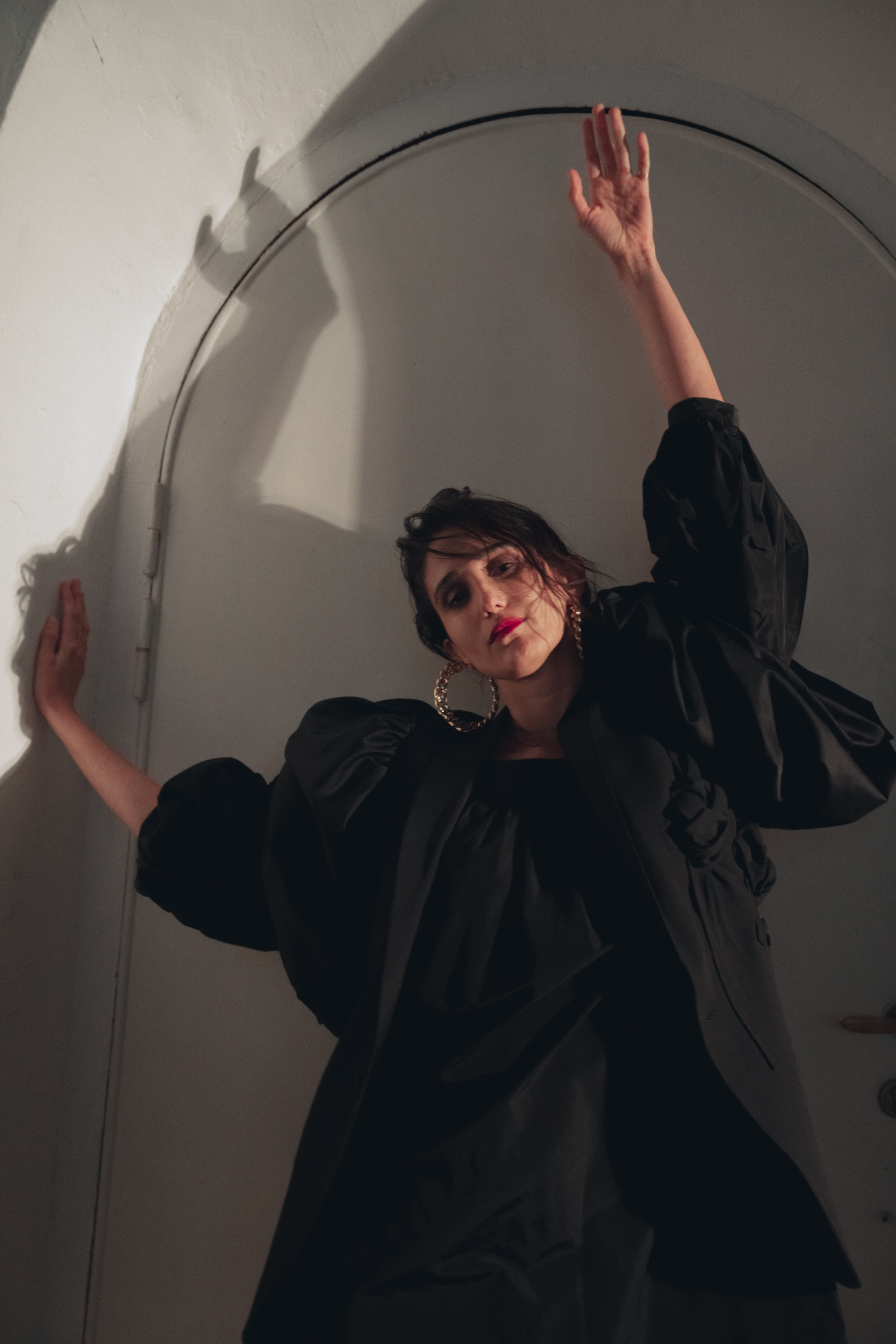
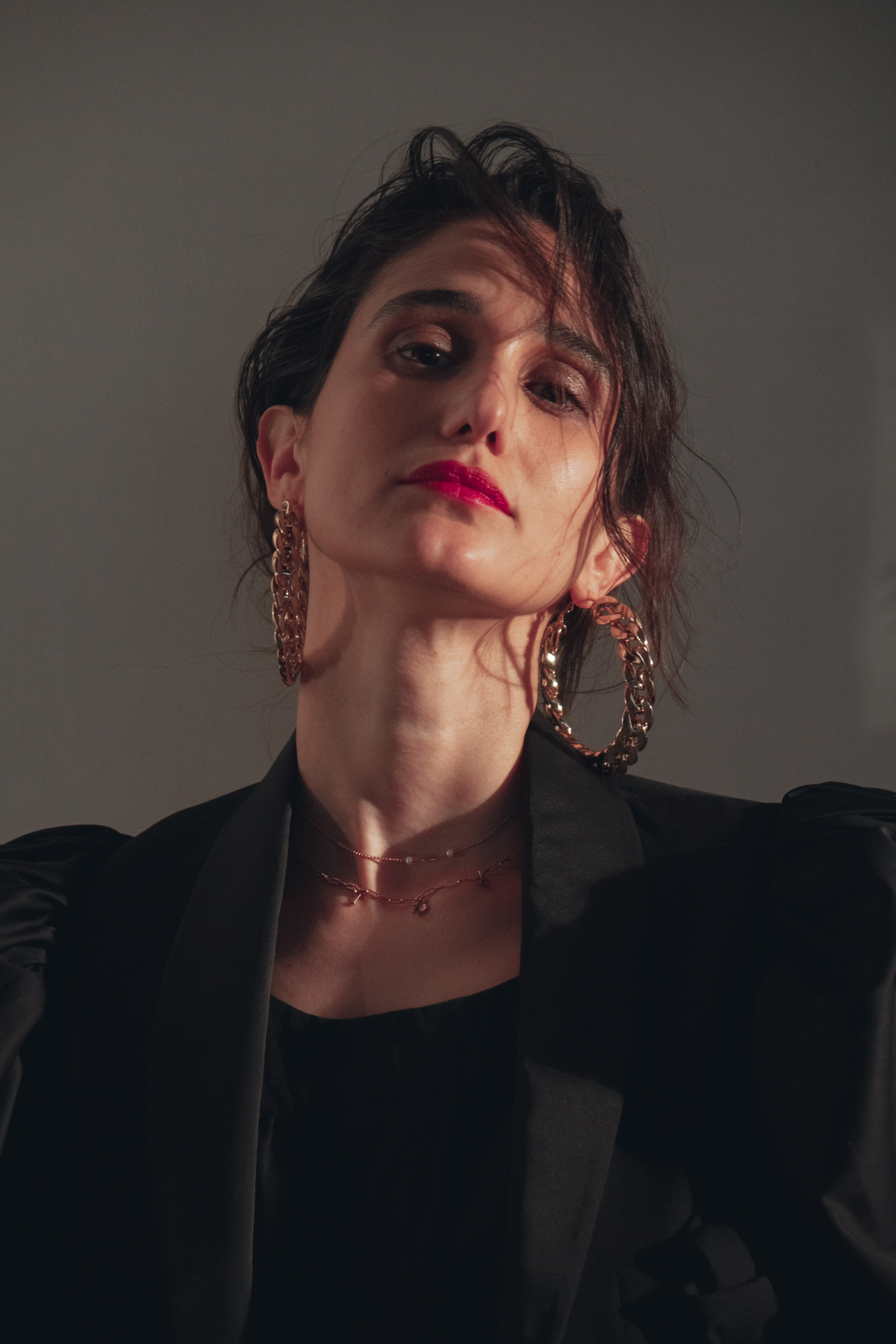
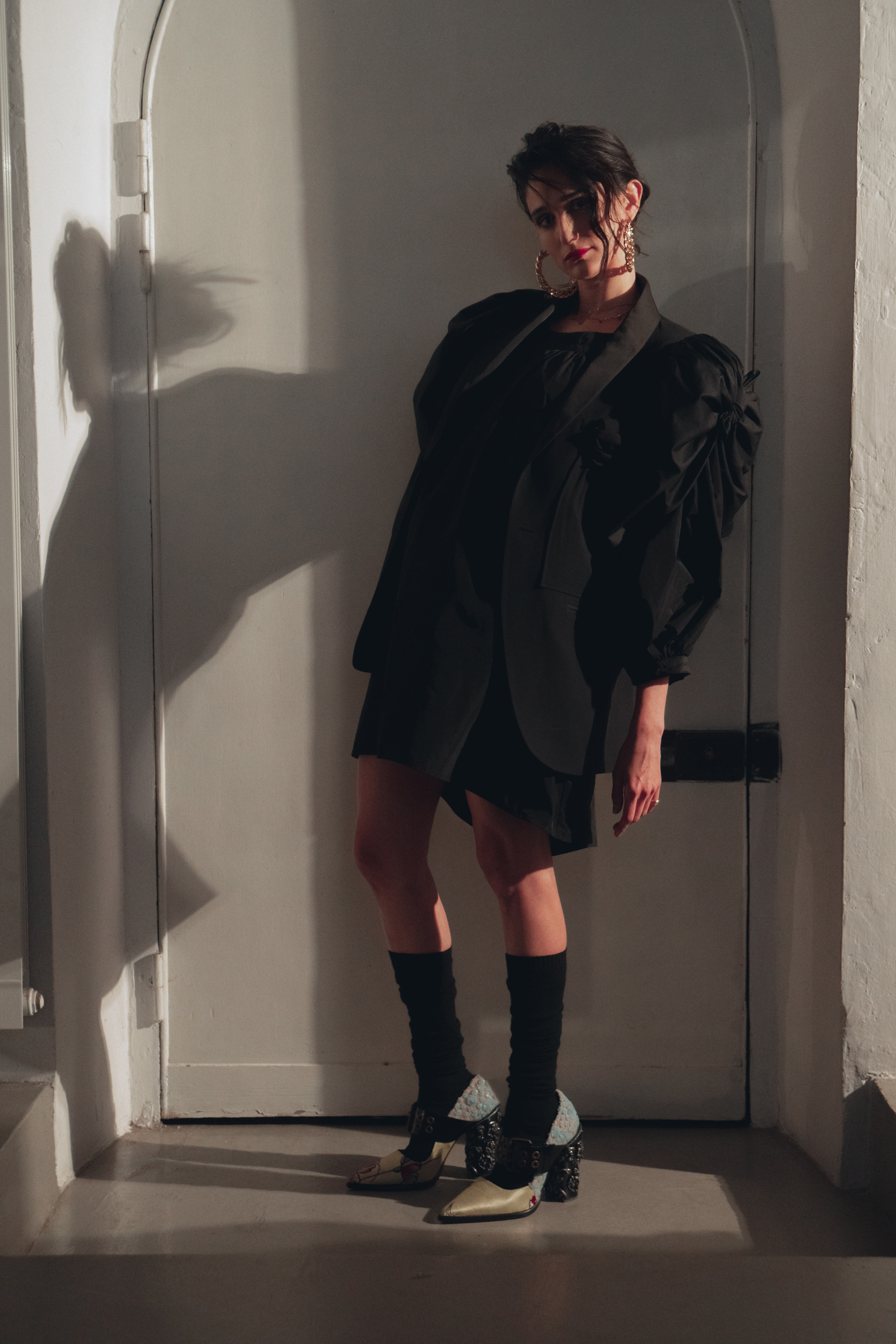
What was the first DVD you bought?
If I remember well, it was “Shakespeare In Love.” Or maybe “The Lion King.” Ah, no, I already had a videotape of “The Lion King.”
What’s the bravest thing you’ve done?
I’m scared of bees, and even more of wasps, like I really paralyze and cover my eyes with my hands not to see them if they come close to me. But that one time, I discovered that, if there’s someone who’s more scared than me, I can become Wonder Woman and, in a matter of few seconds, with a speed that I don’t even recognize, I can just grab the wet washcloth from the sink and jump on the kitchen counter – on which I took shelter out of fear because I had no other way – in a high diagonal towards the ceiling, crushing the wasp in one fatal shot. That’s not how it should be, anyway, terror permitting, you’d better just open the window and kindly invite whatever bug to go out without depriving nature of any link in its chain… but at that moment…
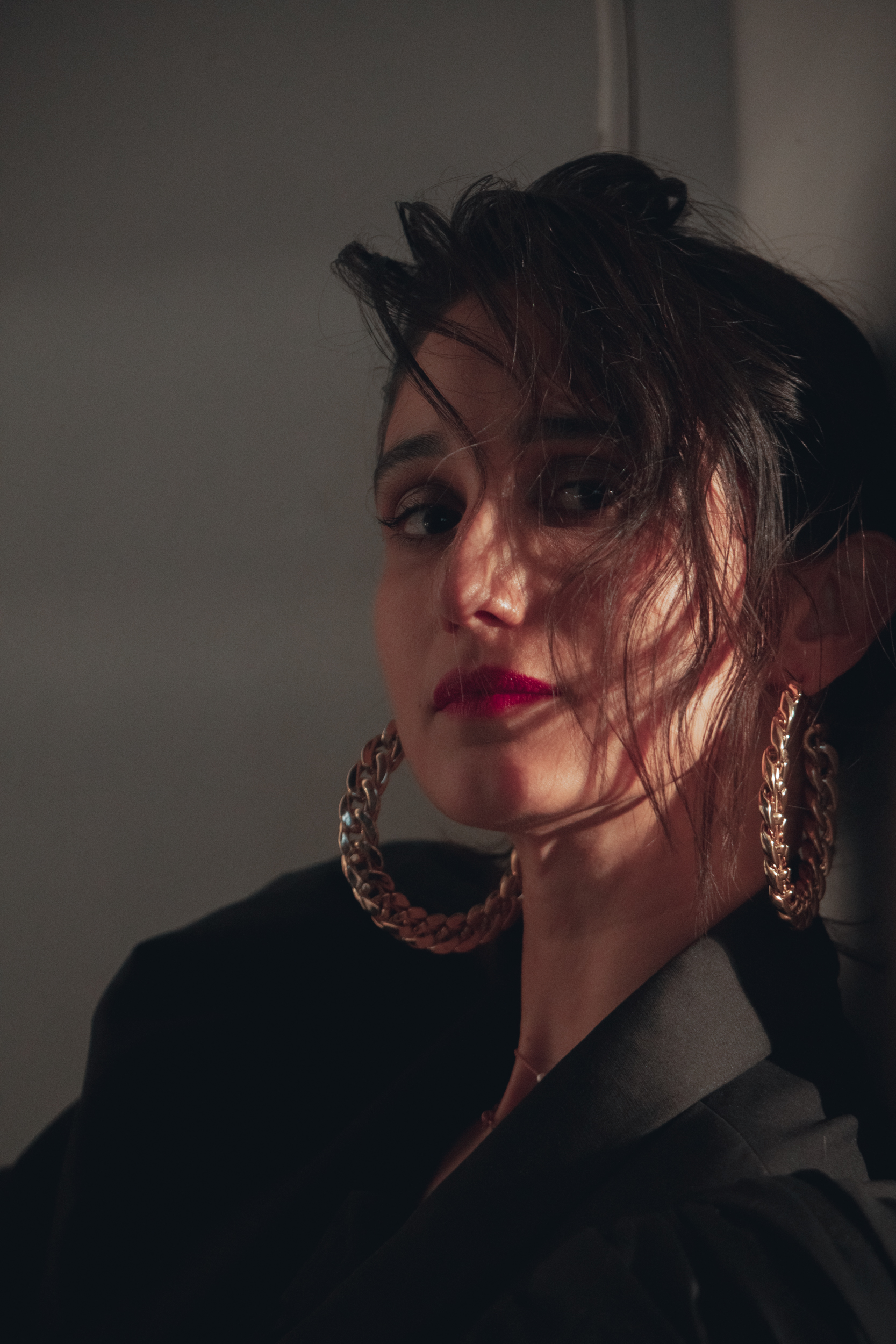
What’s your happy island?
Love.
The last thing/person who made you smile?
You, with your question about bravery, made me remember my heroic killer leap.
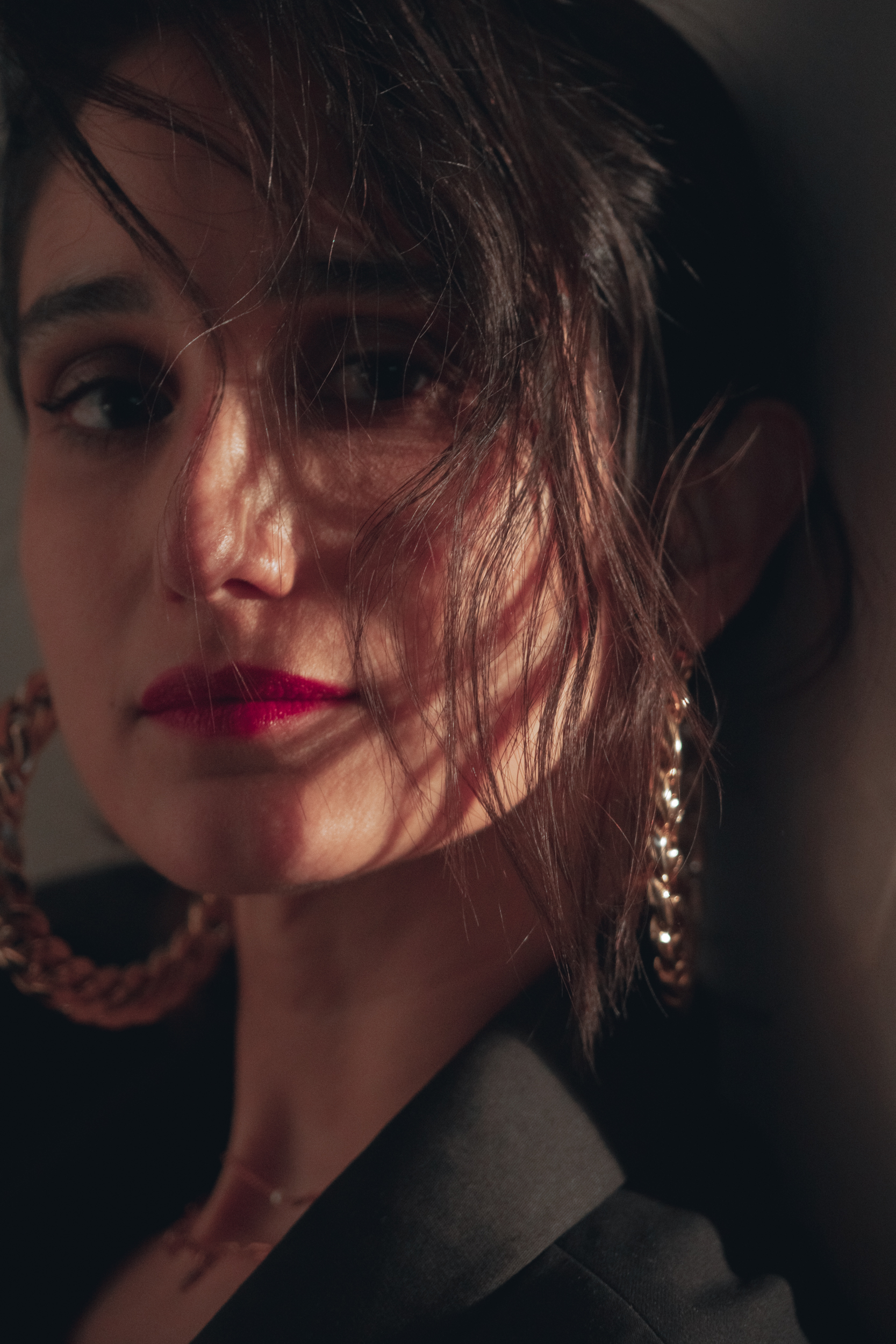
Photos & Video by Johnny Carrano.
Makeup & Hair by Valeria Iovino.
Styling by Carlotta Borgogna.
Thanks to Agenzia Rubik Comunicazione.
LOOK 1
Dress: A. Teodoro
Shoes: 3Juin
LOOK 2
Total look: Dolce&Gabbana
LOOK 3
Body and top: MRZ
Shoes: 3Juin
Earrings: Rue des Mille
LOOK 4
Dress: Adelbel
Earrings: Alcoolique
LOOK 5
Total look: Louis Vuitton
Earrings: Alcoolique
LOOK 6
Costume and trousers: Circus Hotel
Stole: Antonio Marras
Boots: Cult
Necklace: Rue Des Mille
Earrings: Alcoolique
LOOK 7
Total Look: Antonio Marras
Necklace: Rue Des Mille
Earrings: Alcoolique

